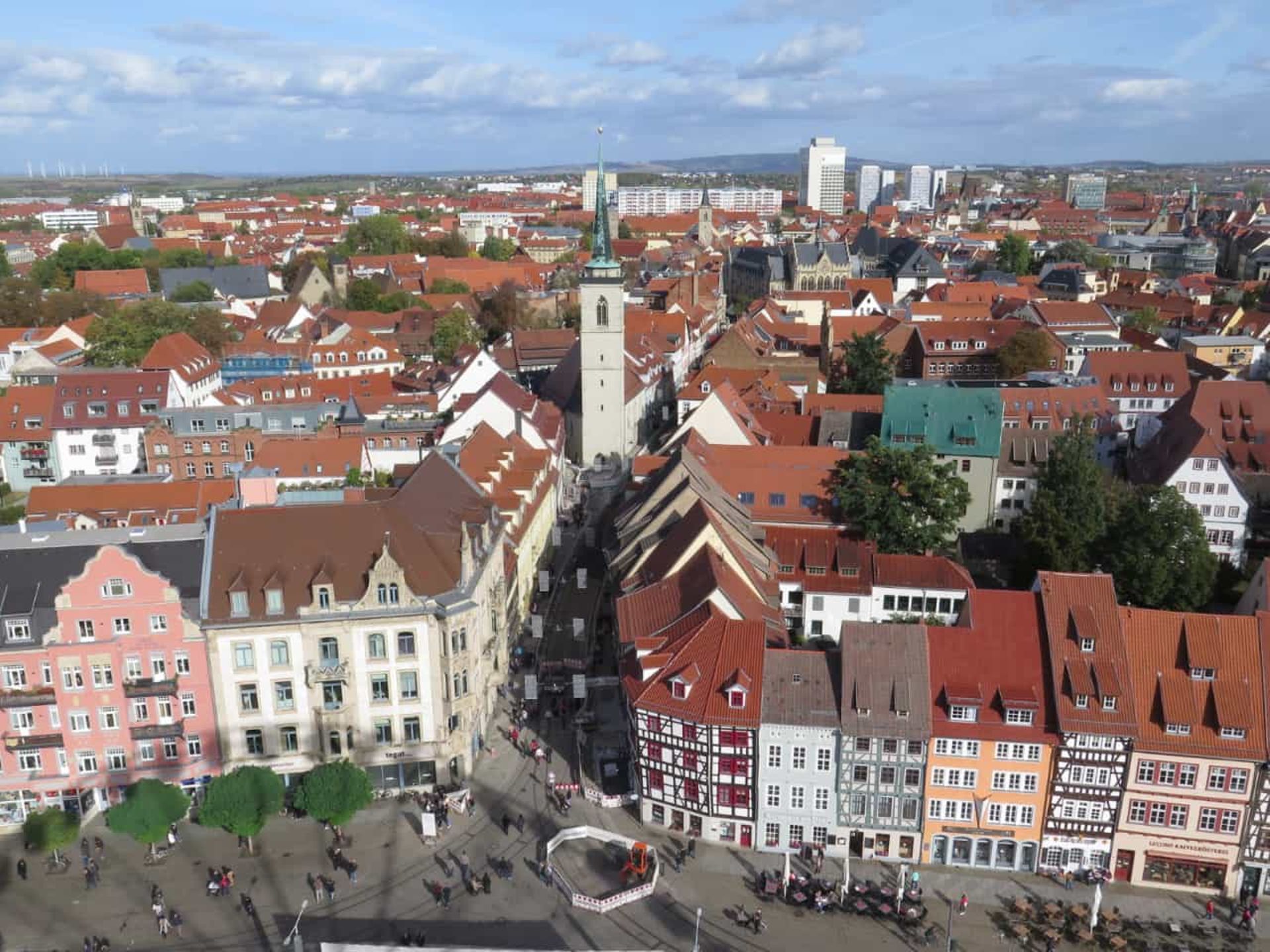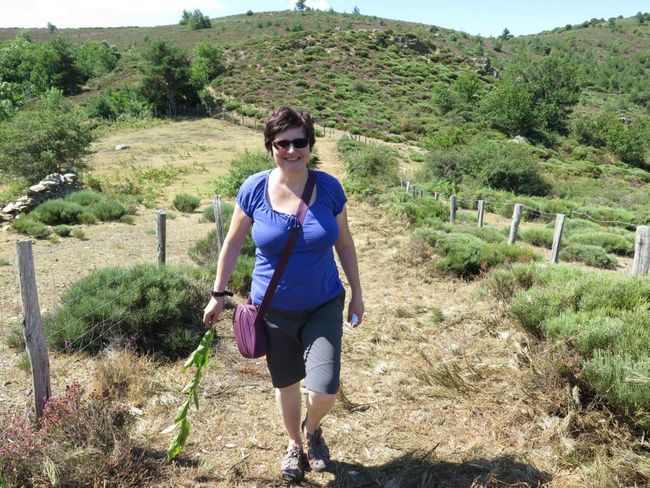2021 - July - Hiking in Luberon, Day 5, L'Isle-sur-la-Sorgue, Fontaine-de-Vaucluse, and the Tour de France
Argitaratu: 08.07.2021
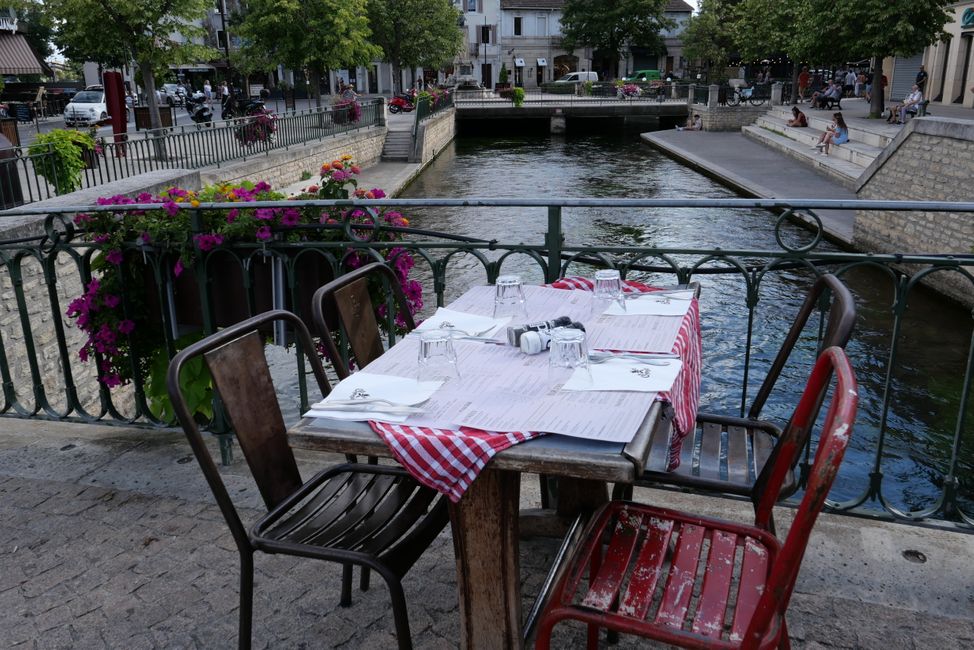
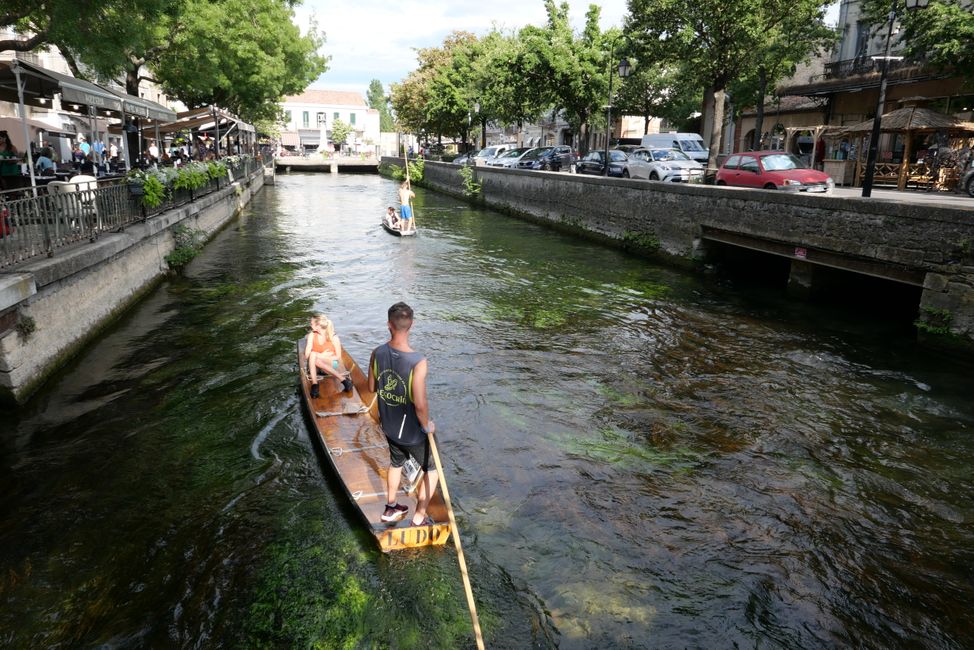
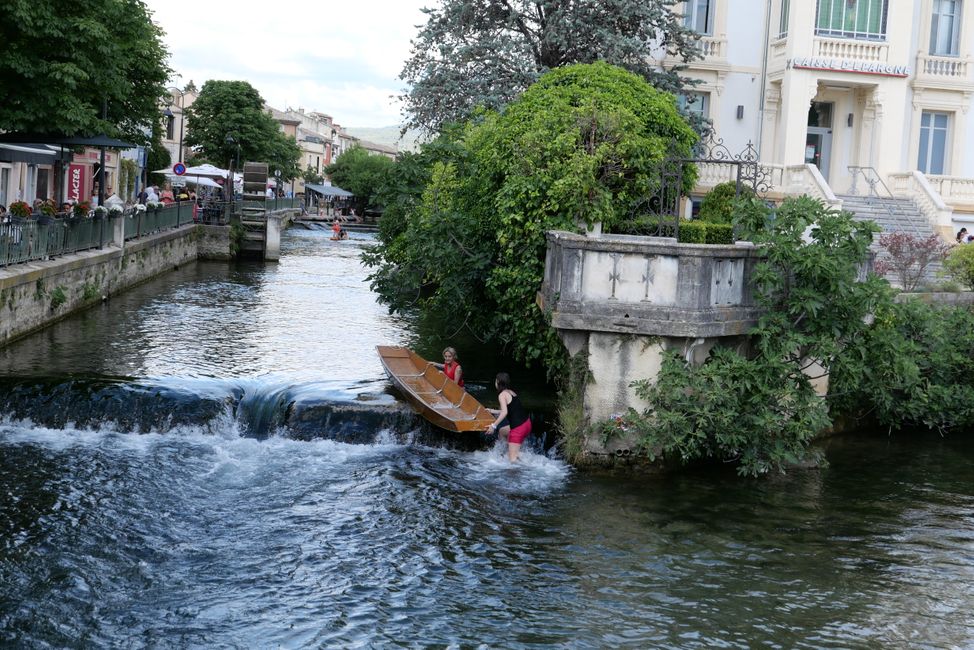
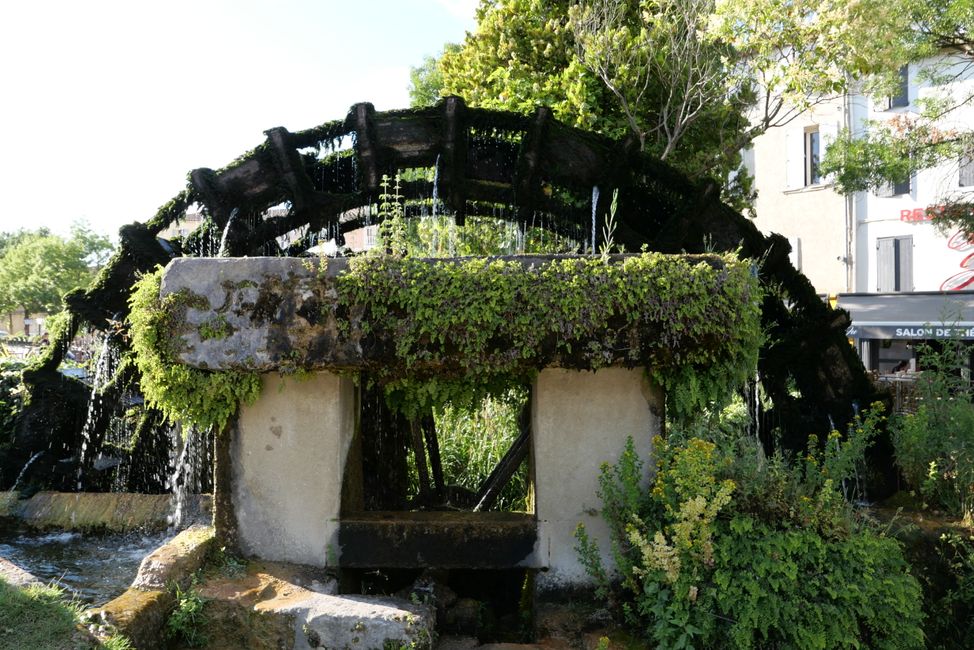
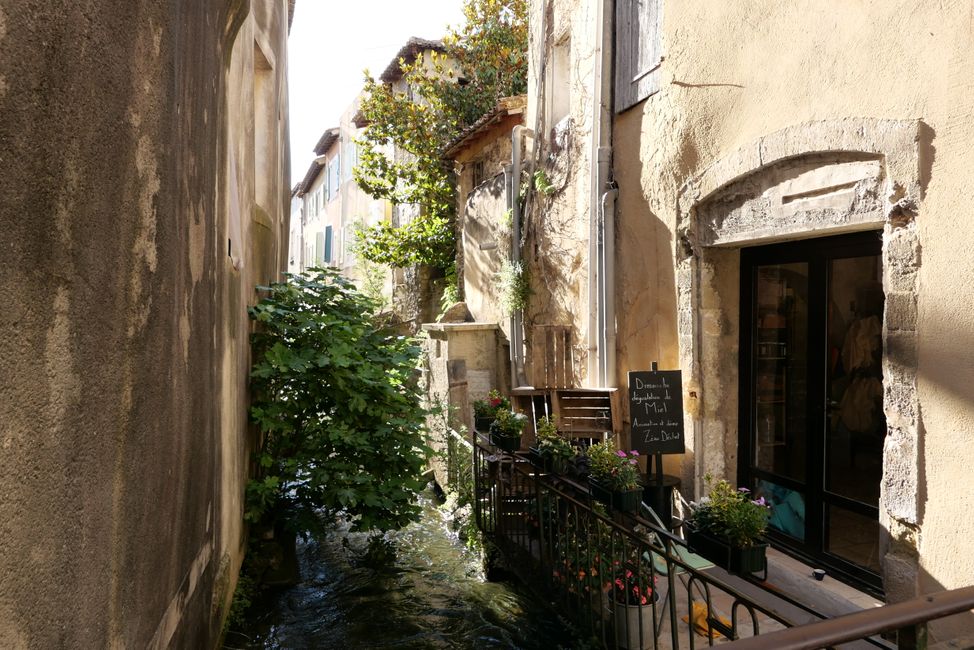
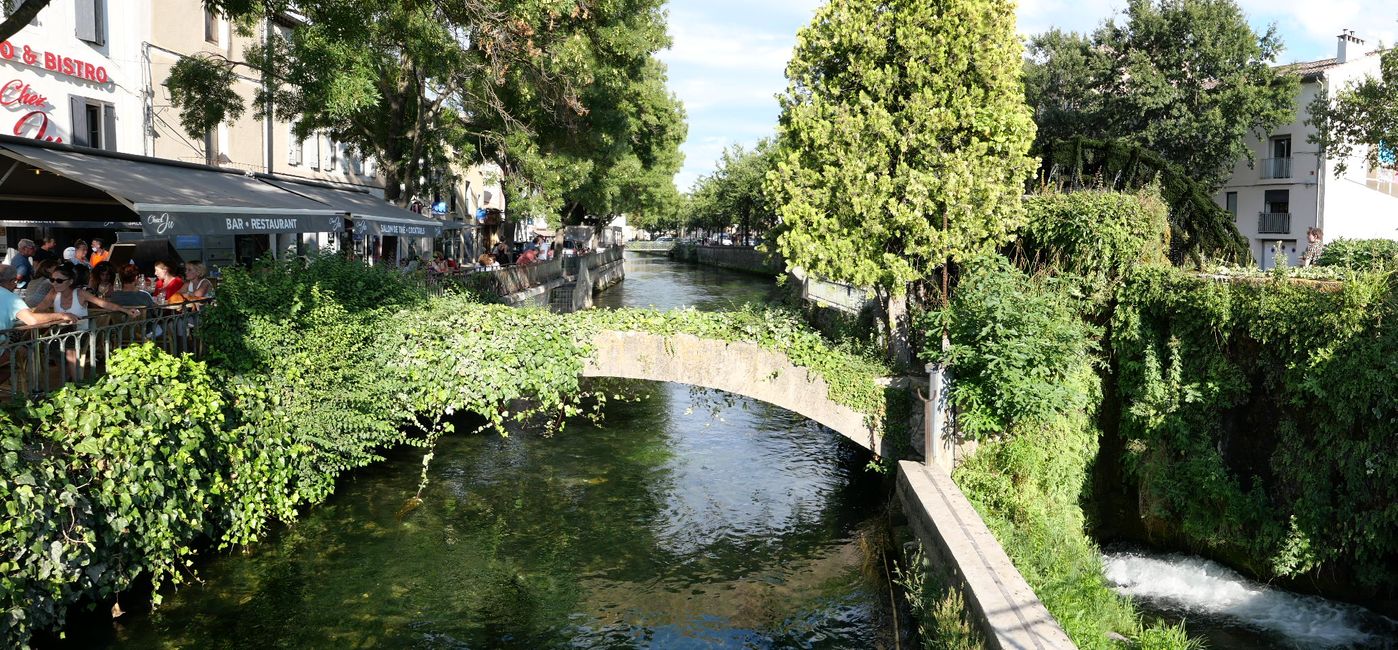
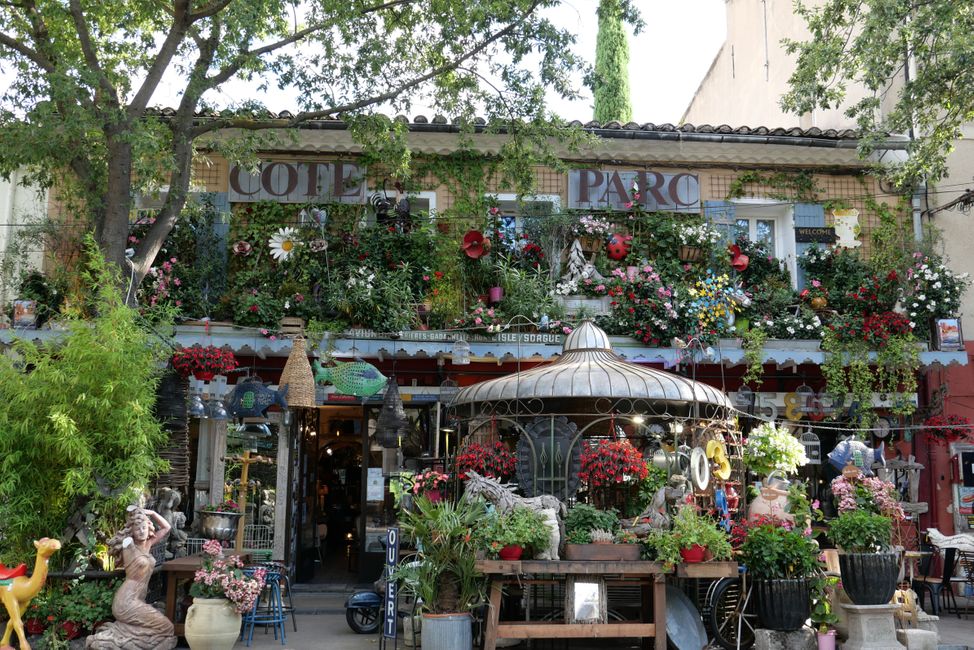
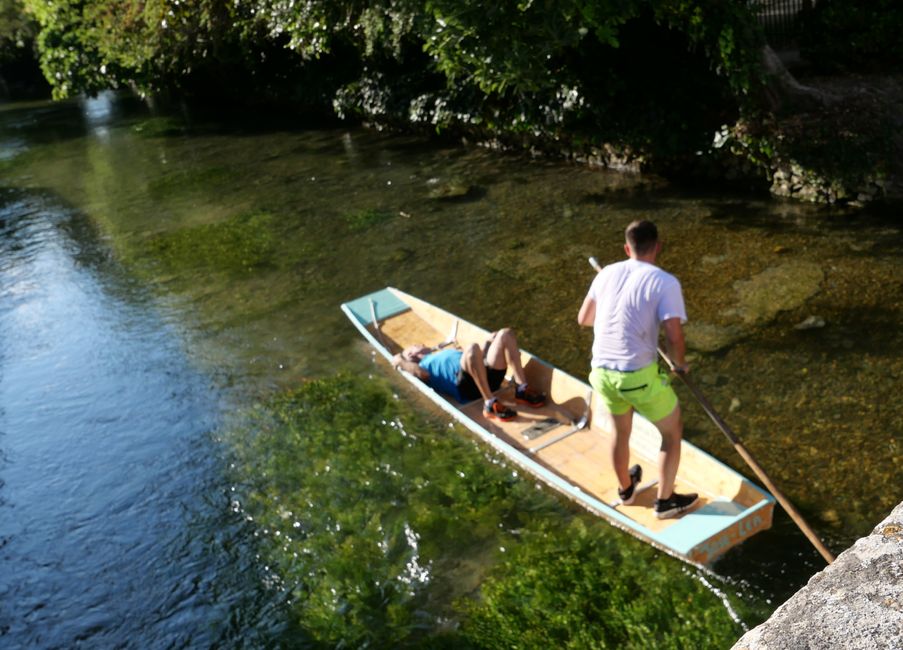
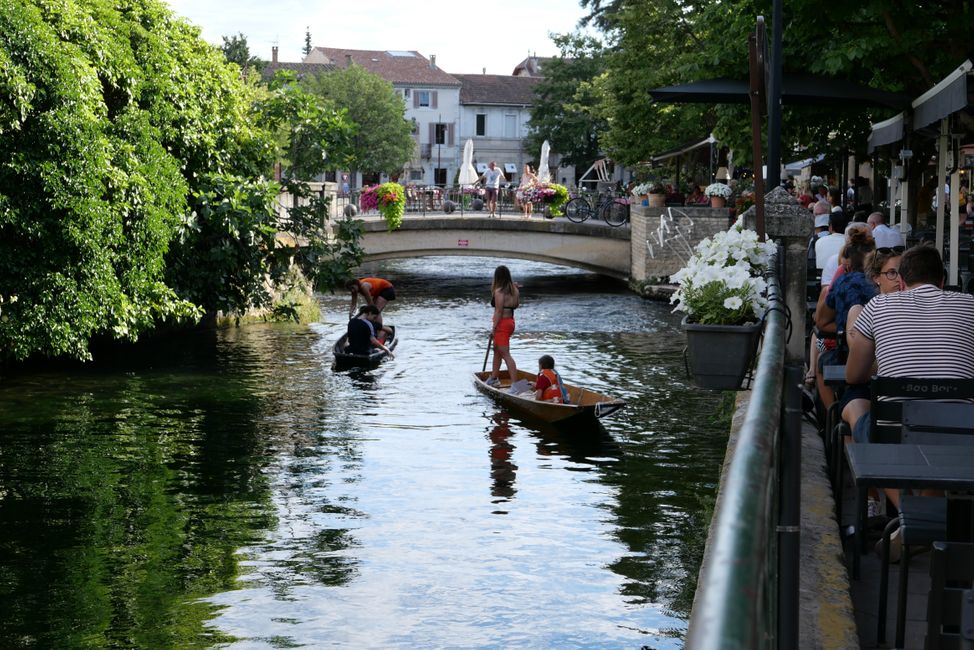
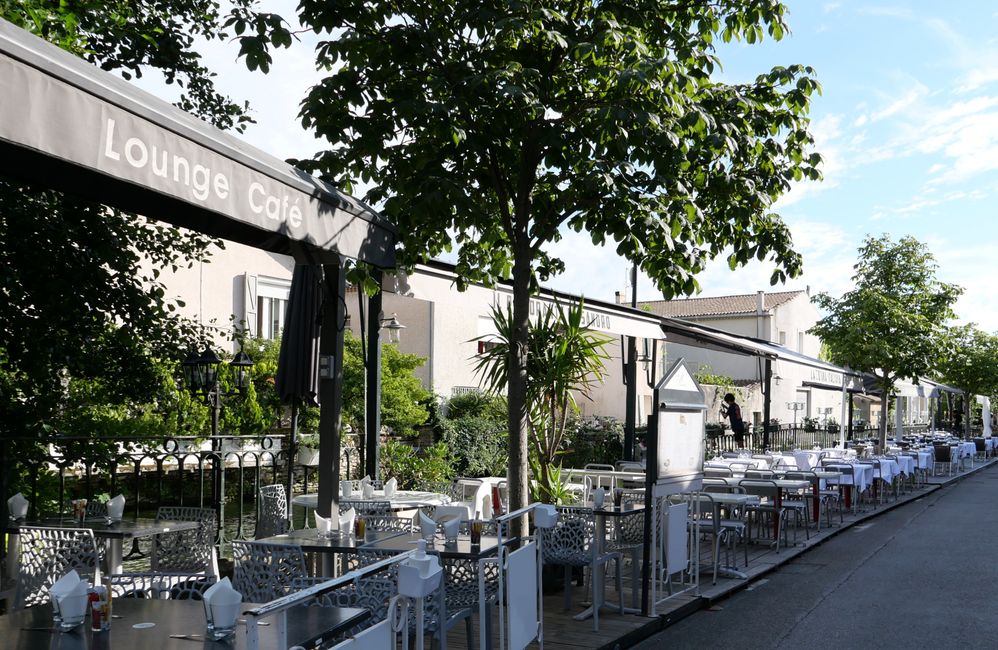
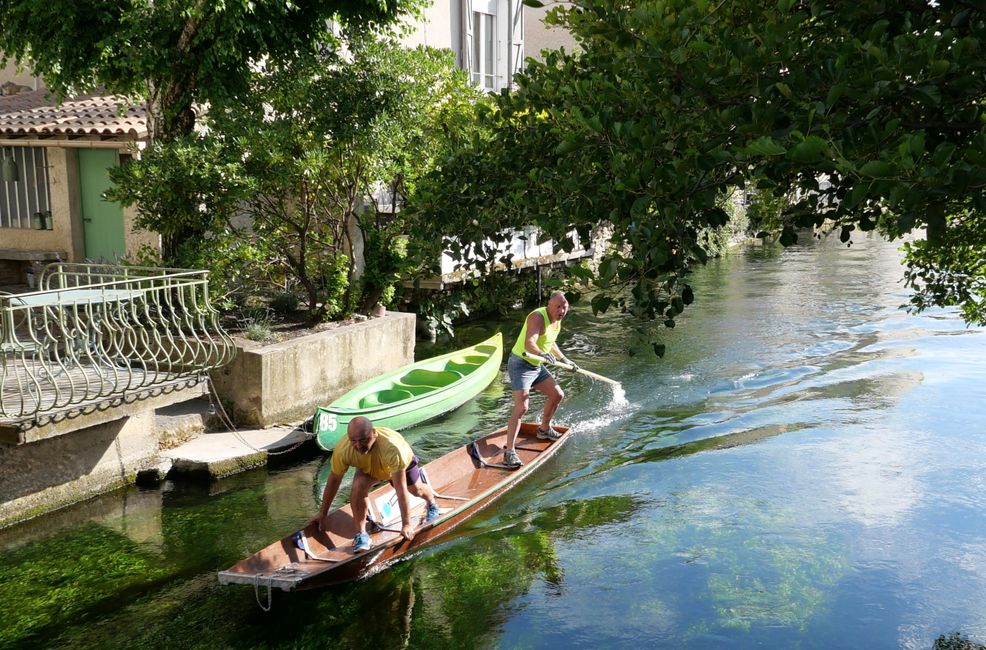
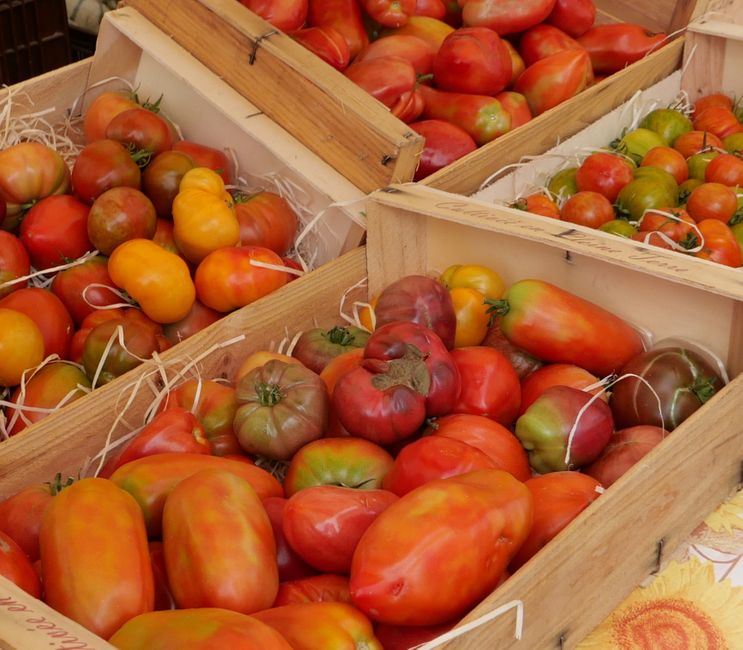
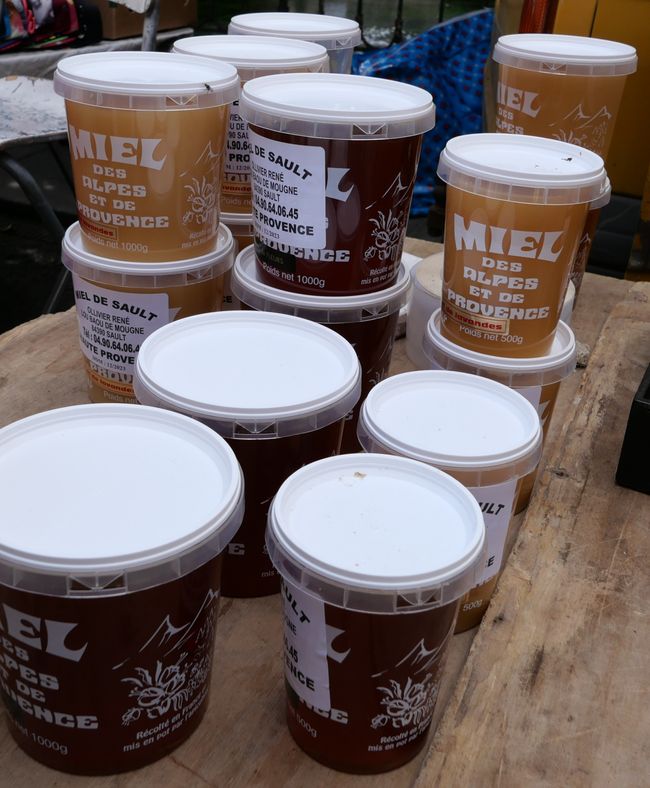
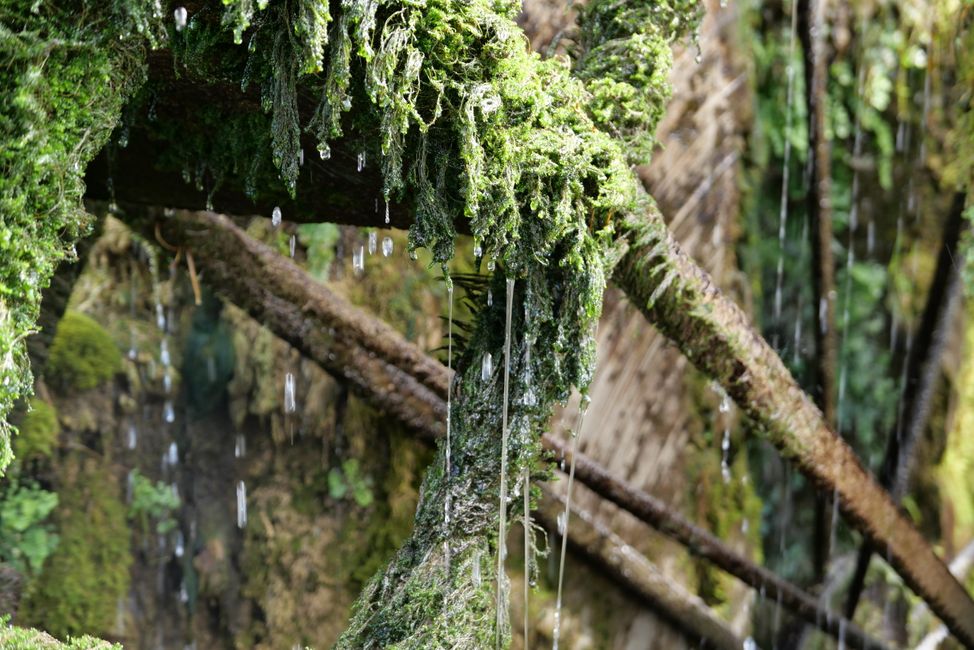
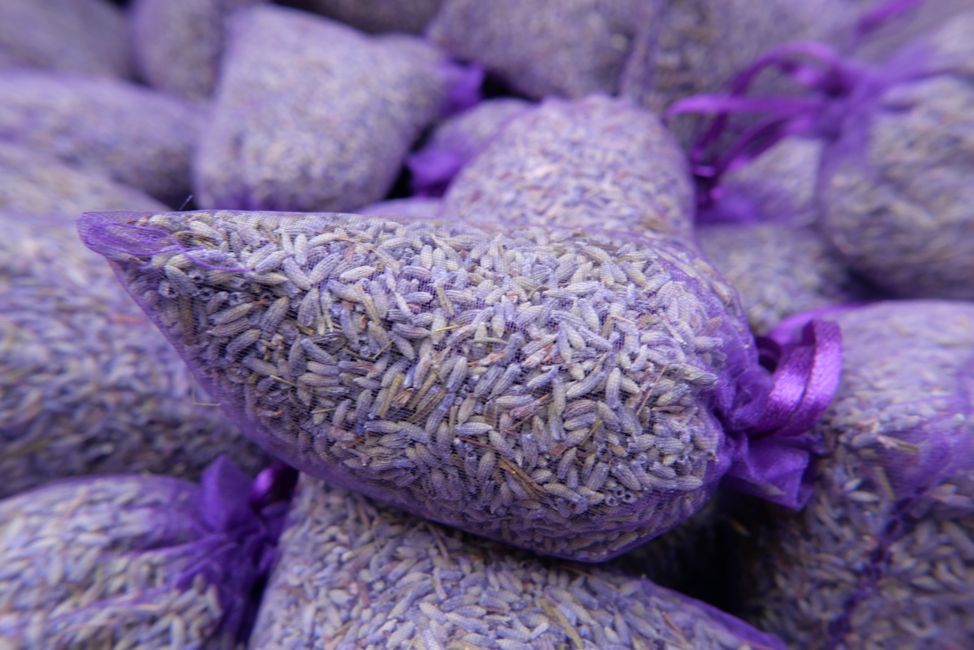
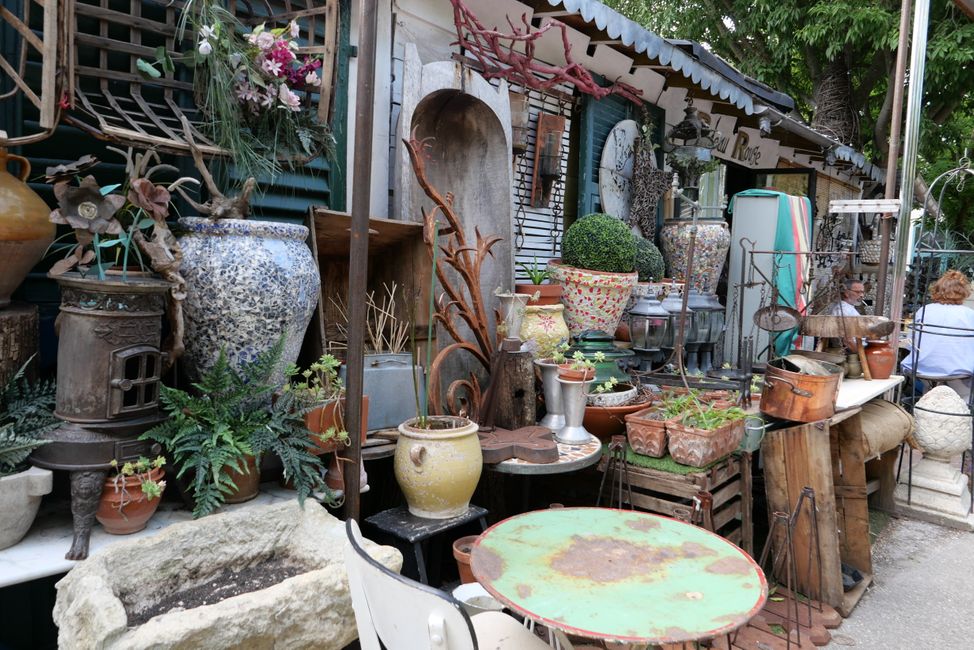
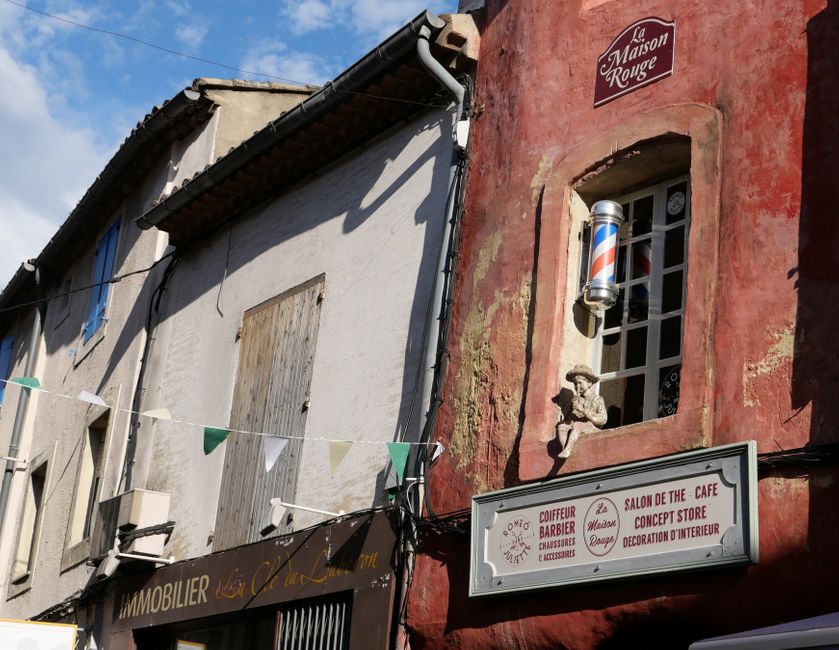
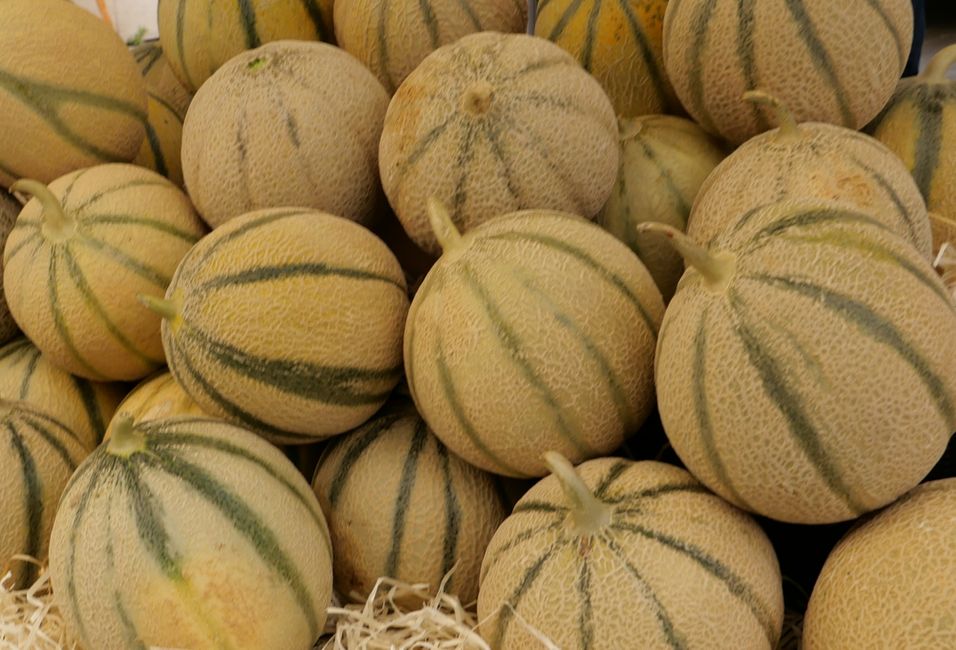
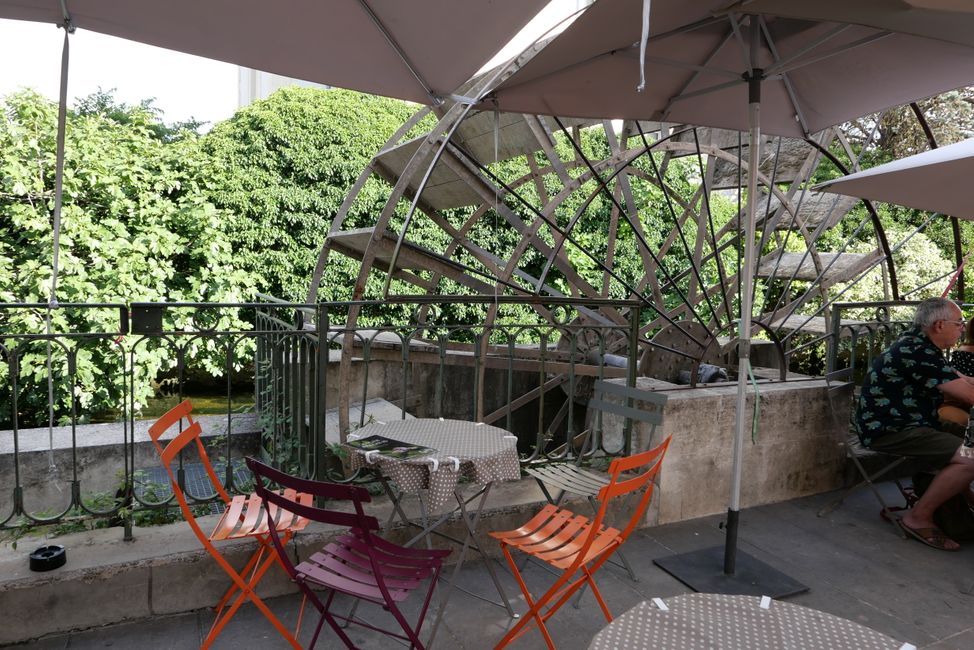
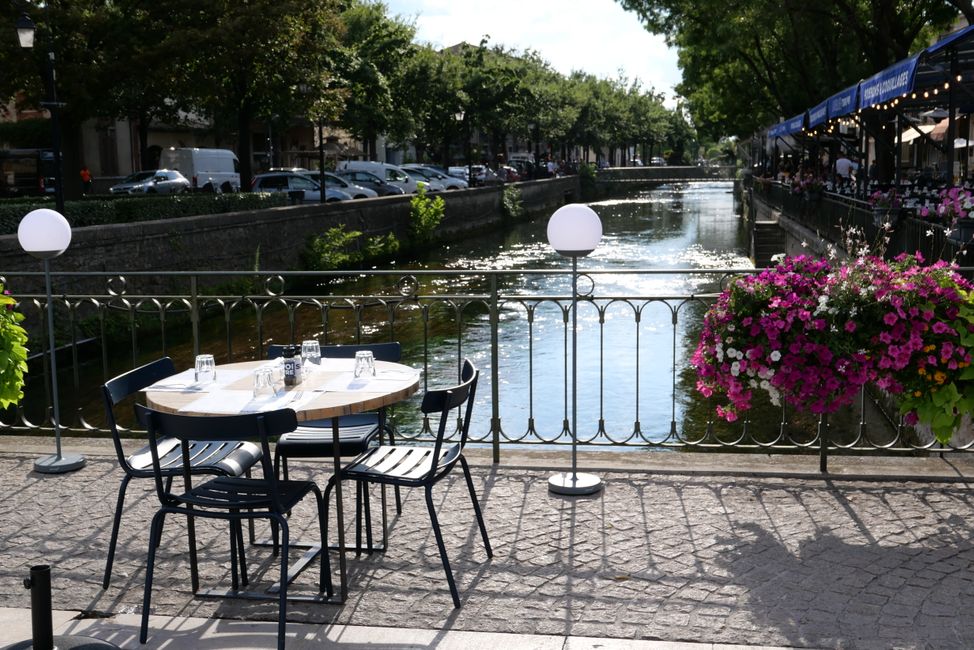
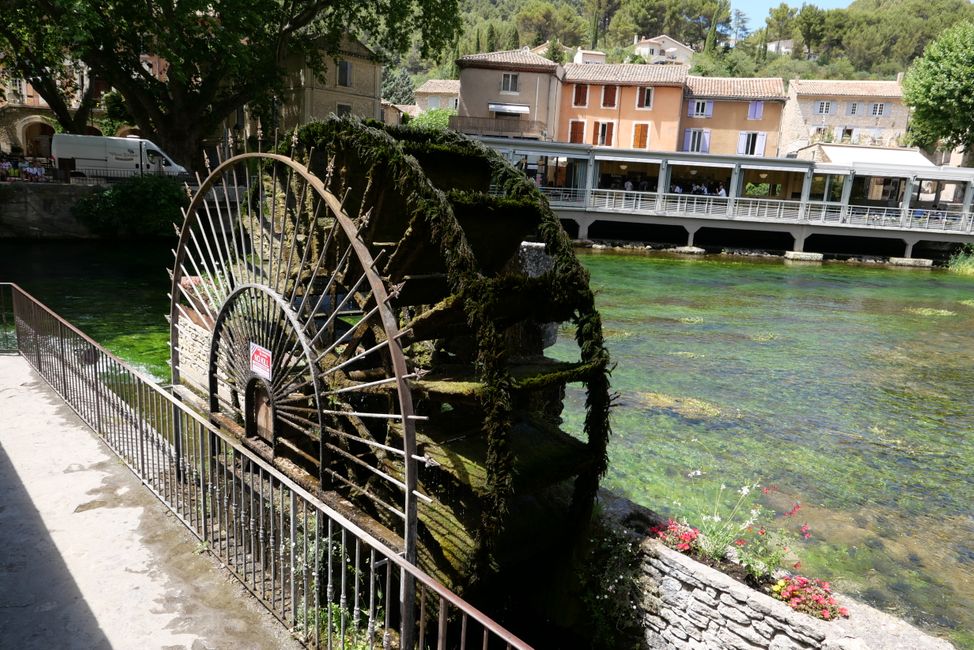
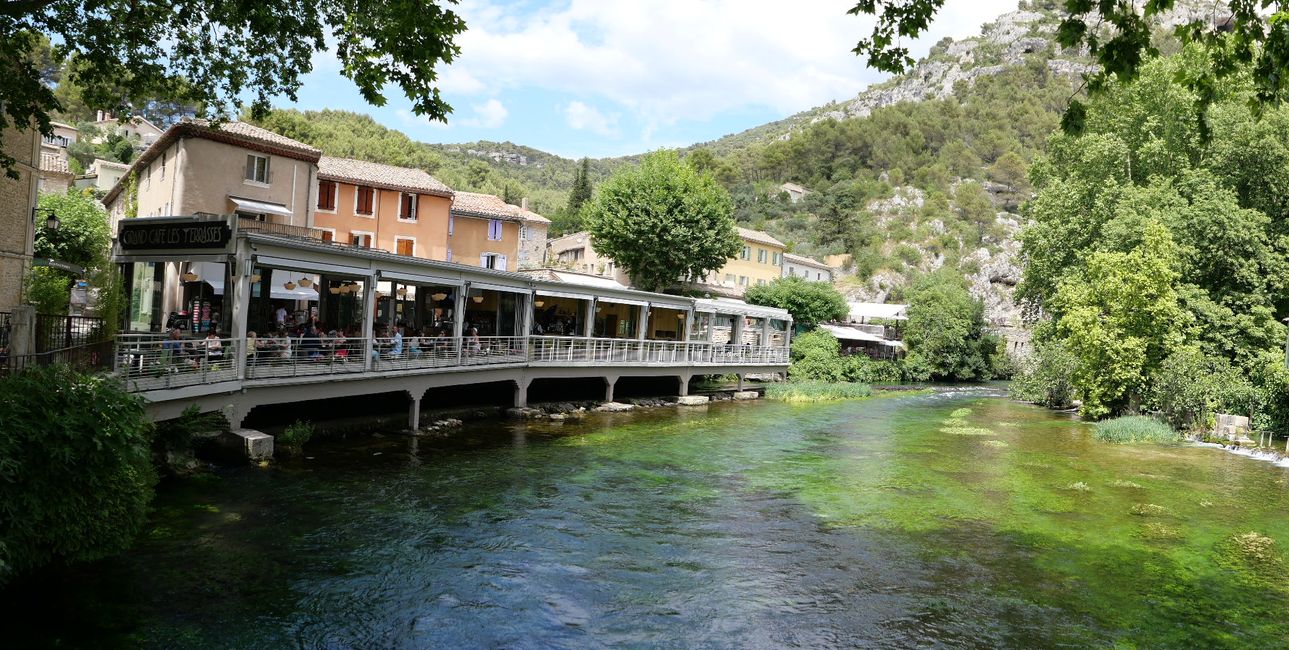
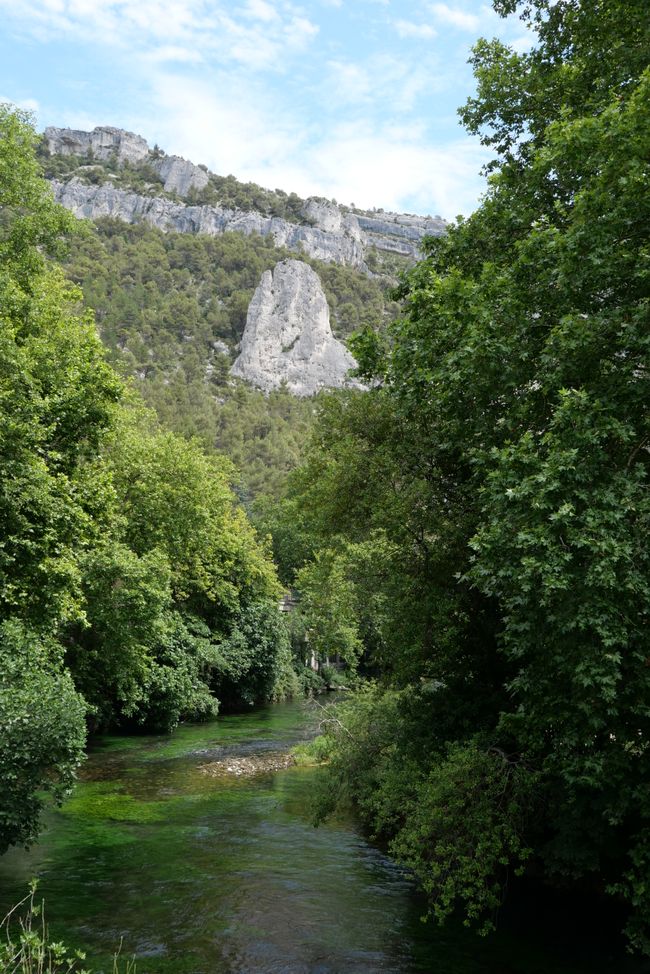
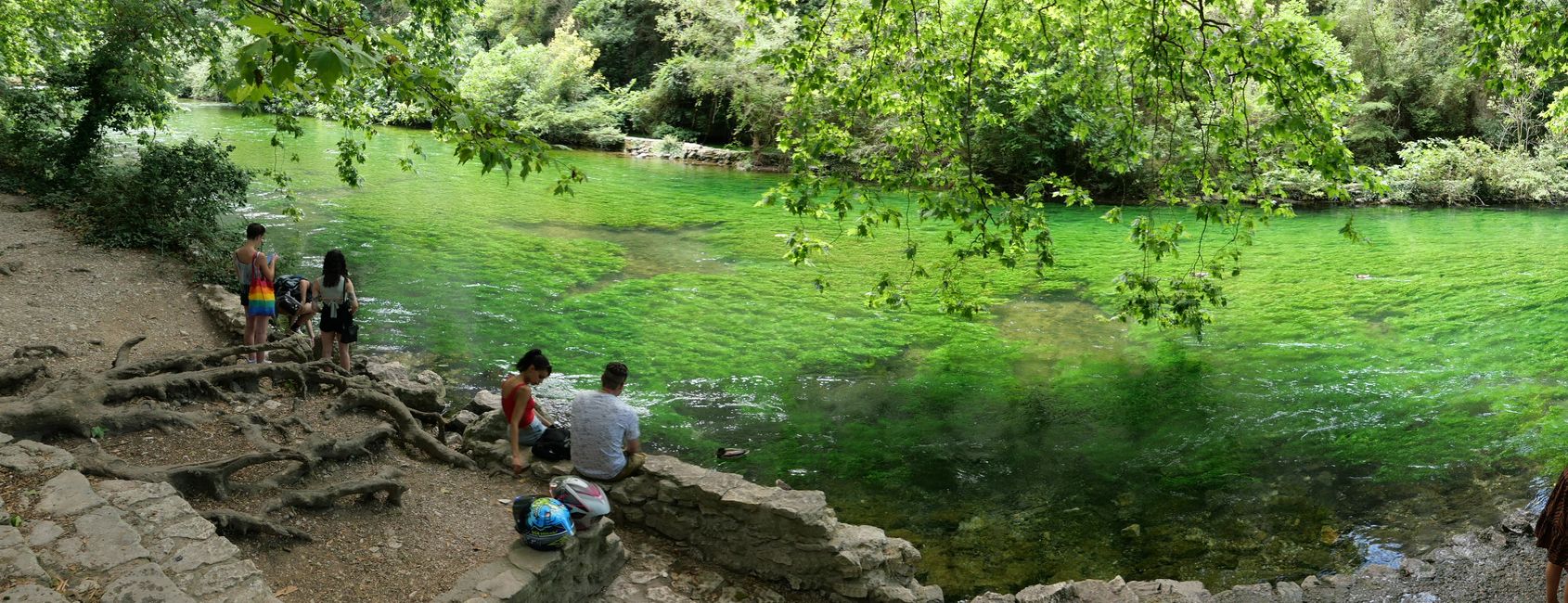
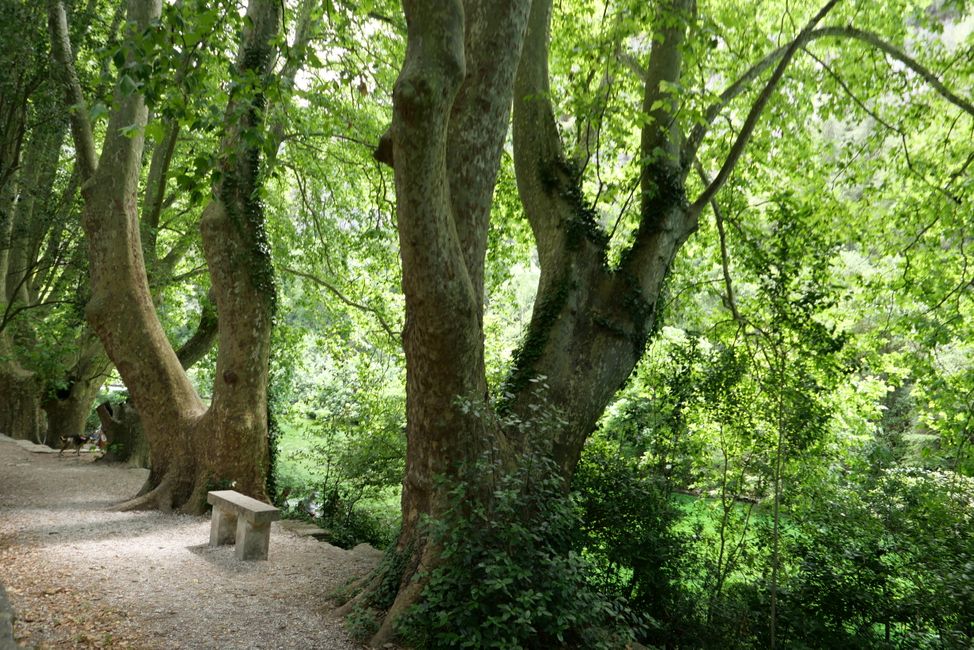
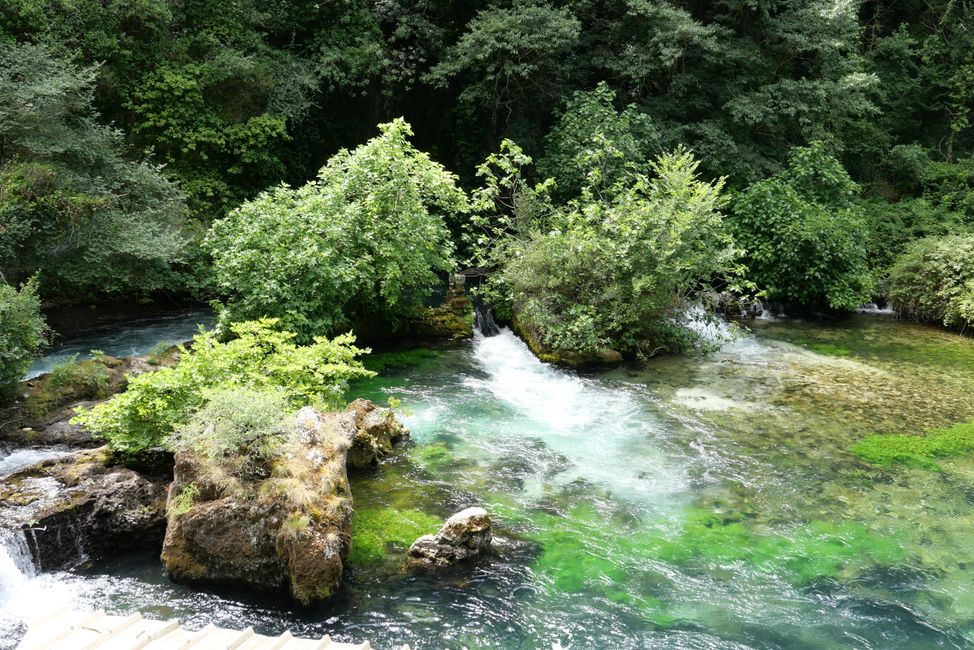
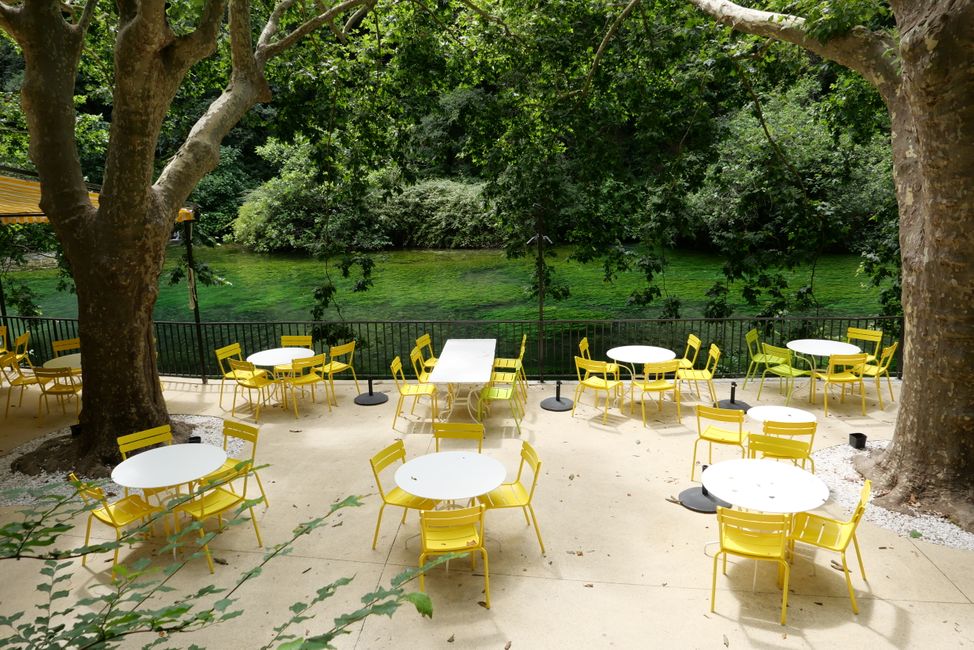
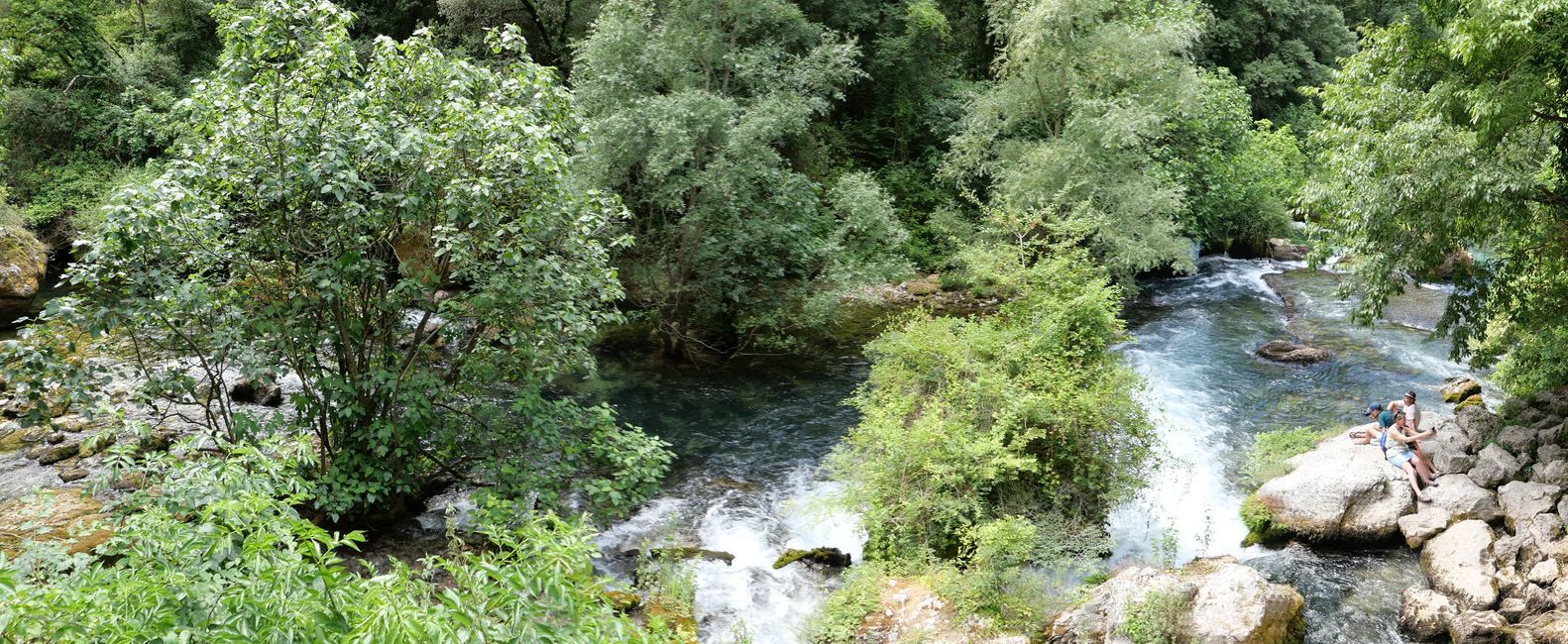
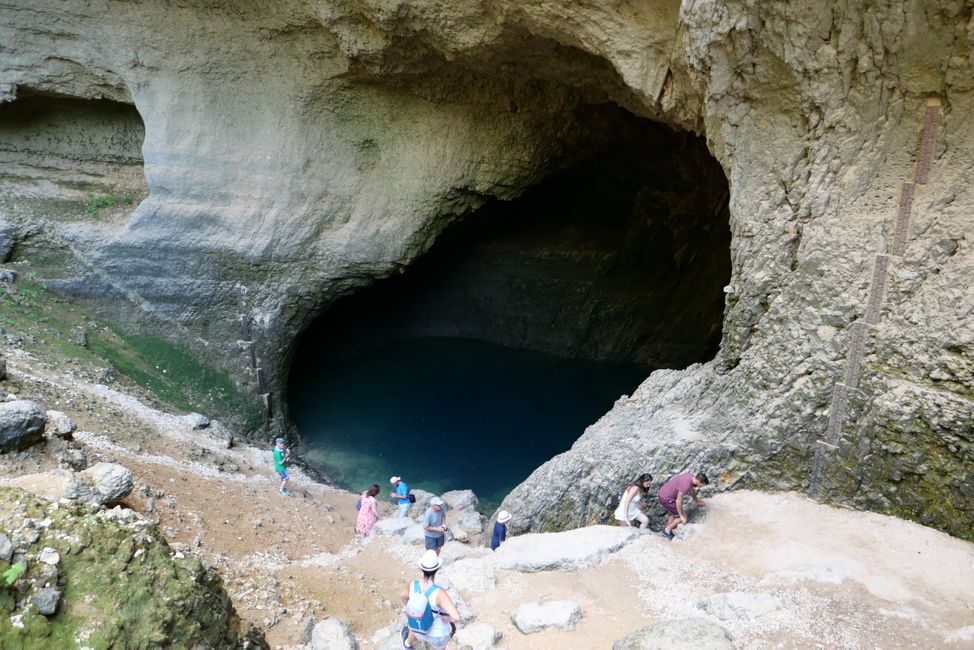
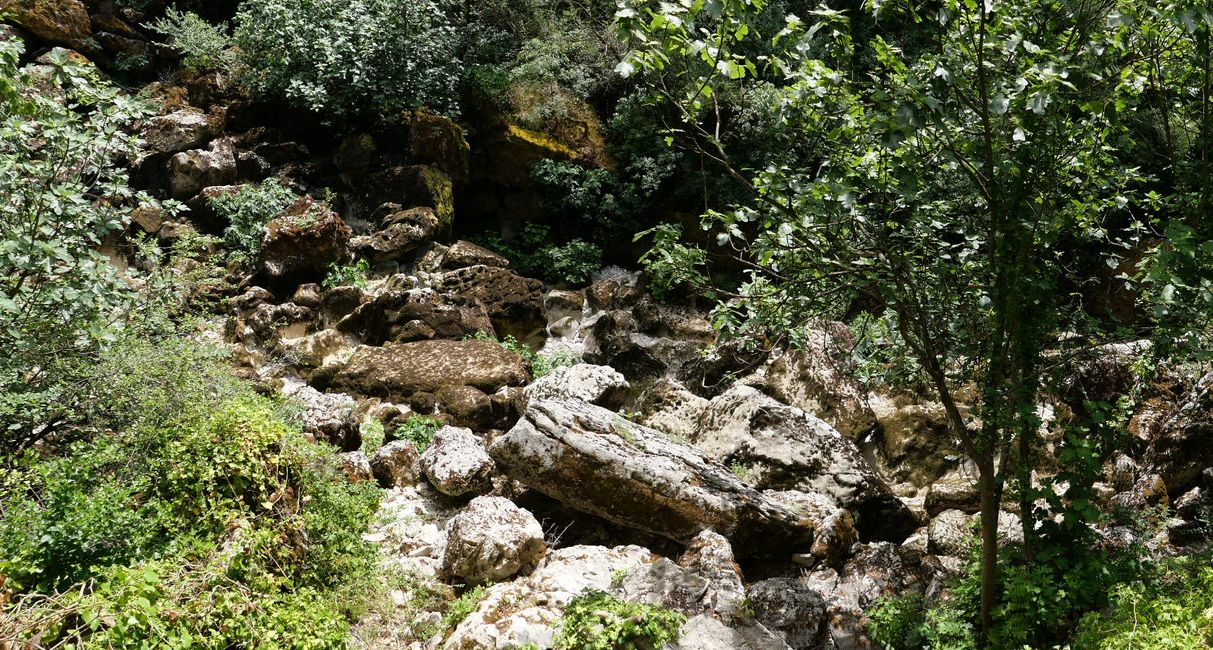
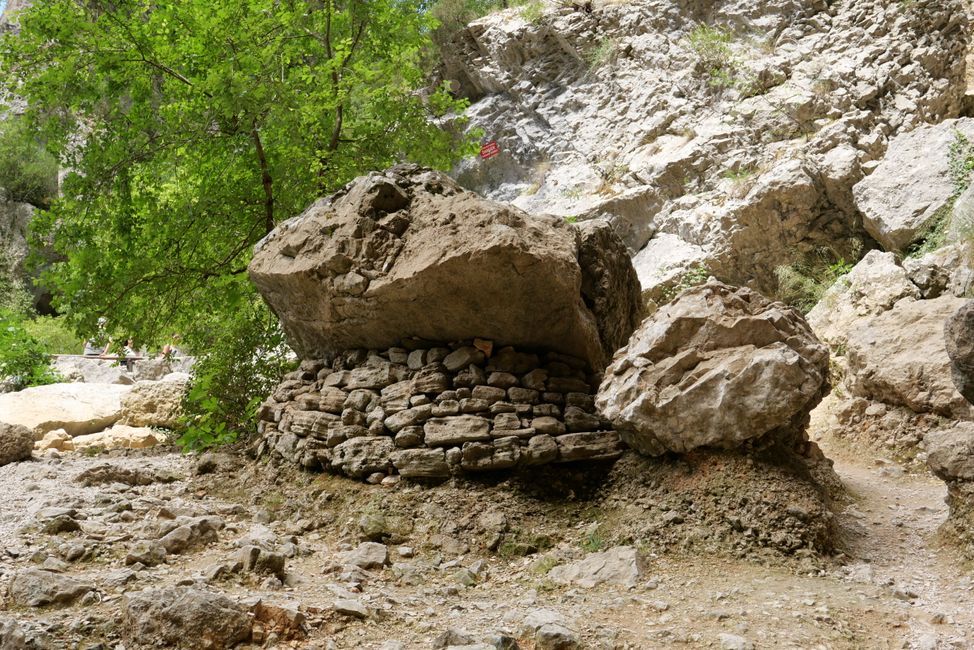
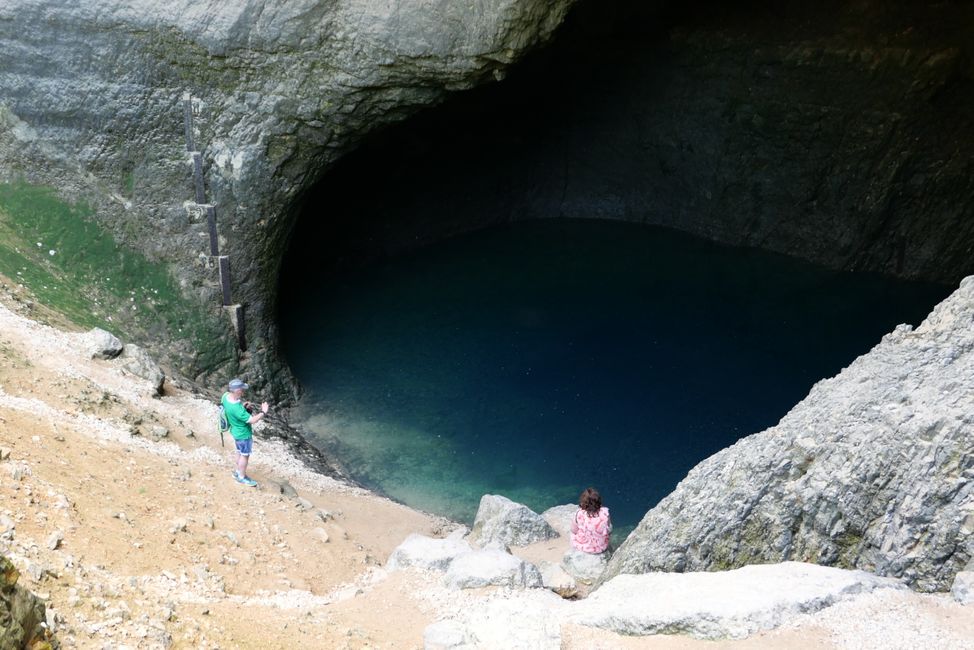
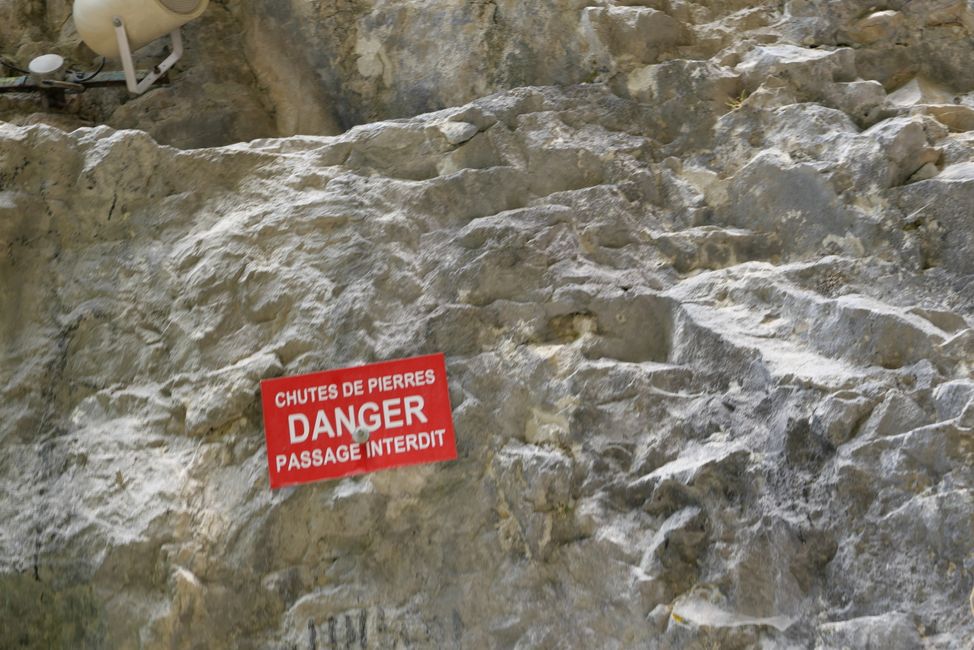
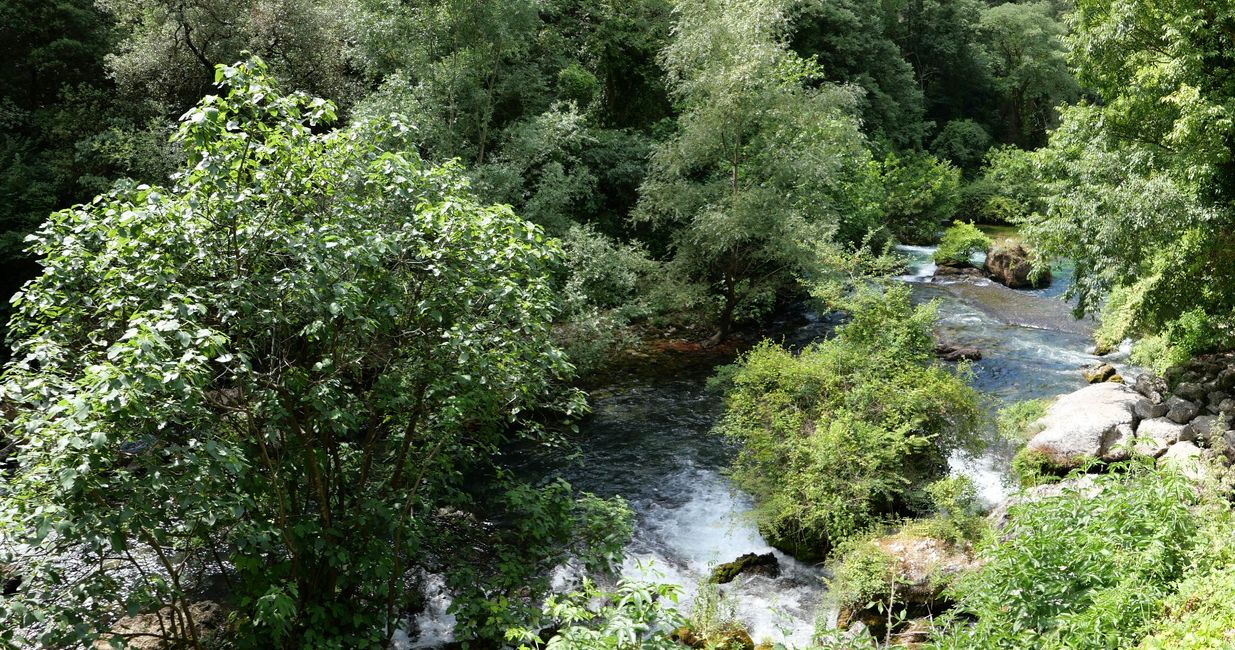
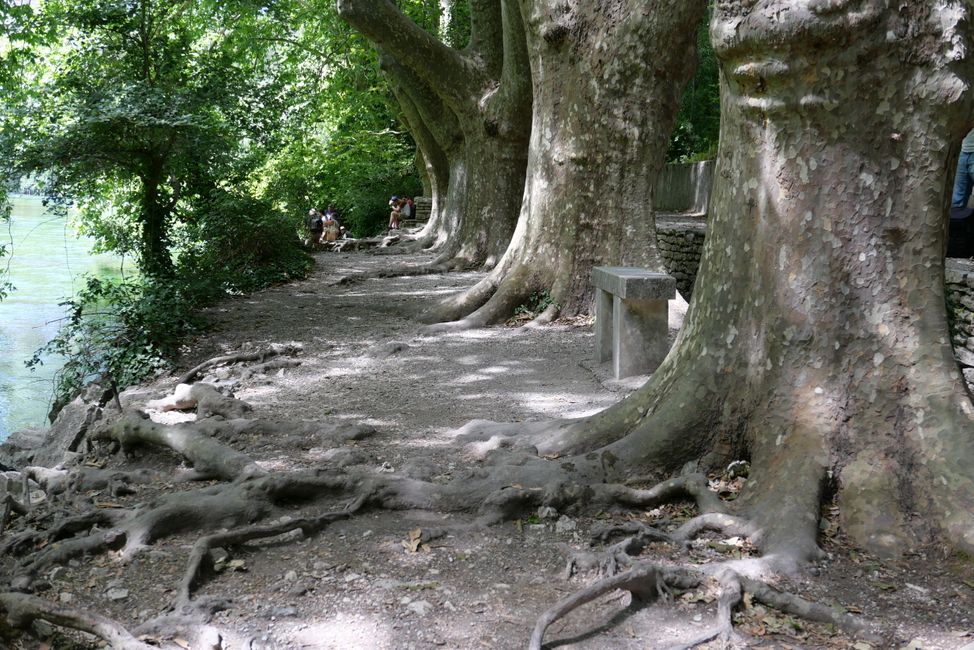
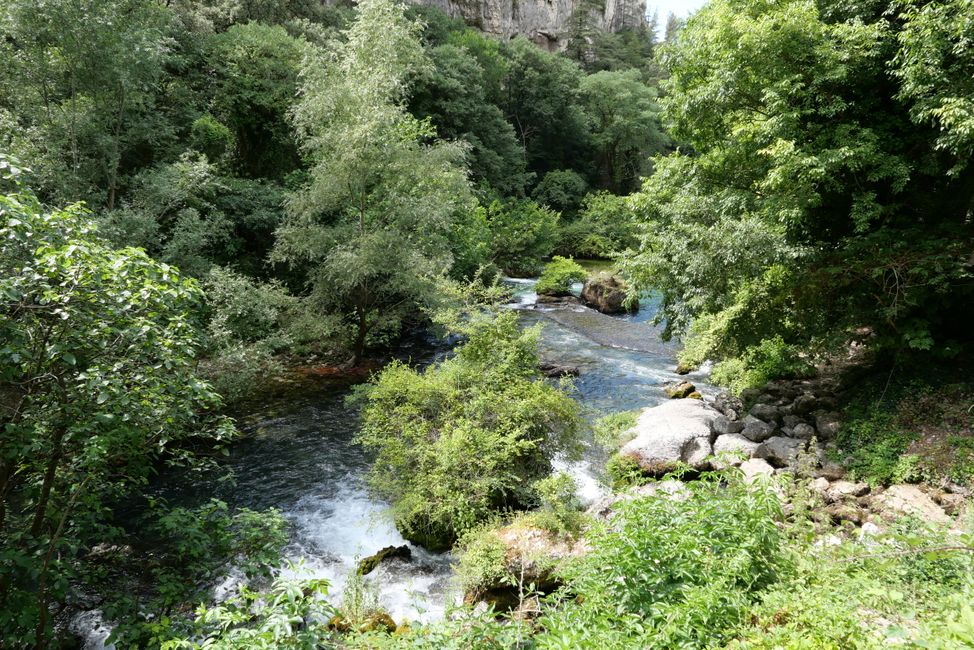
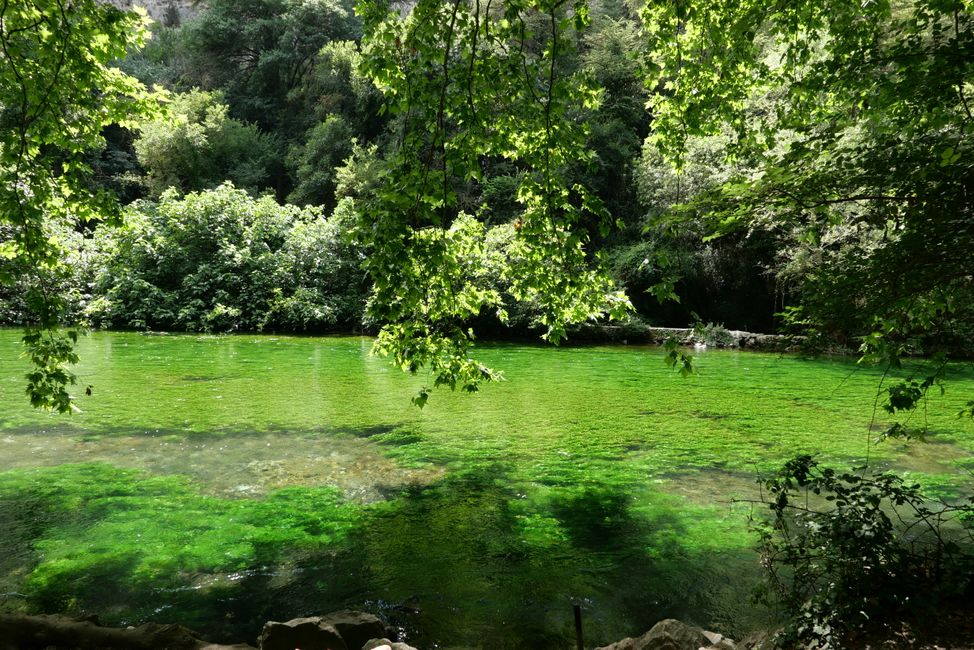
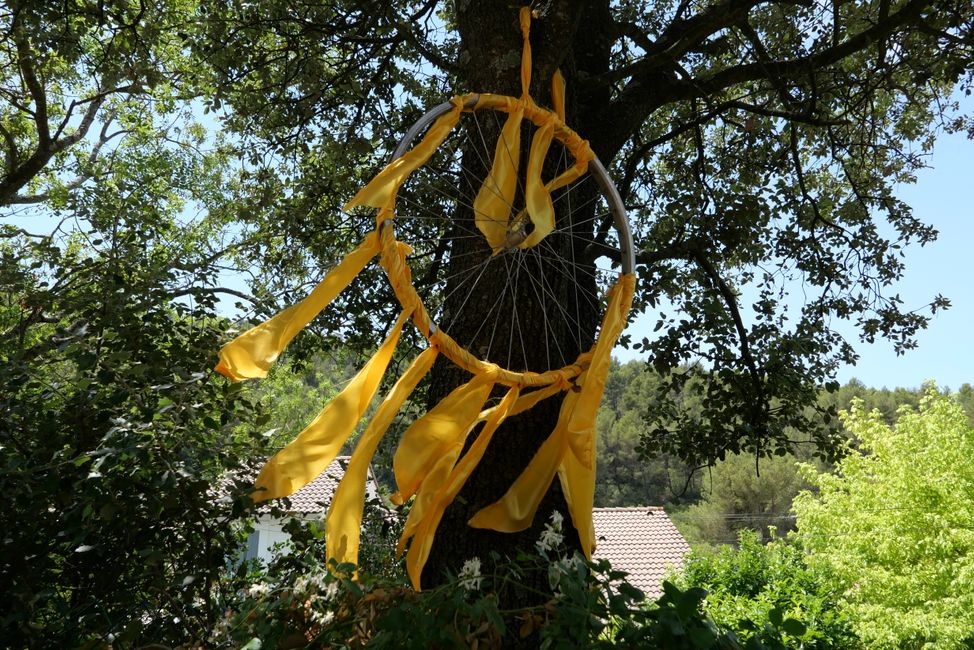
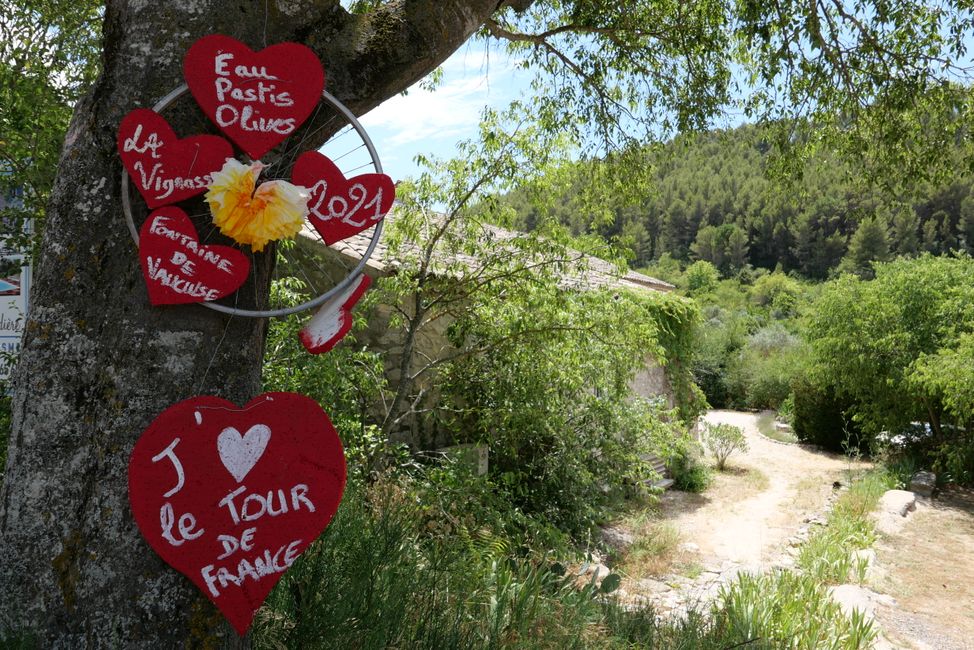
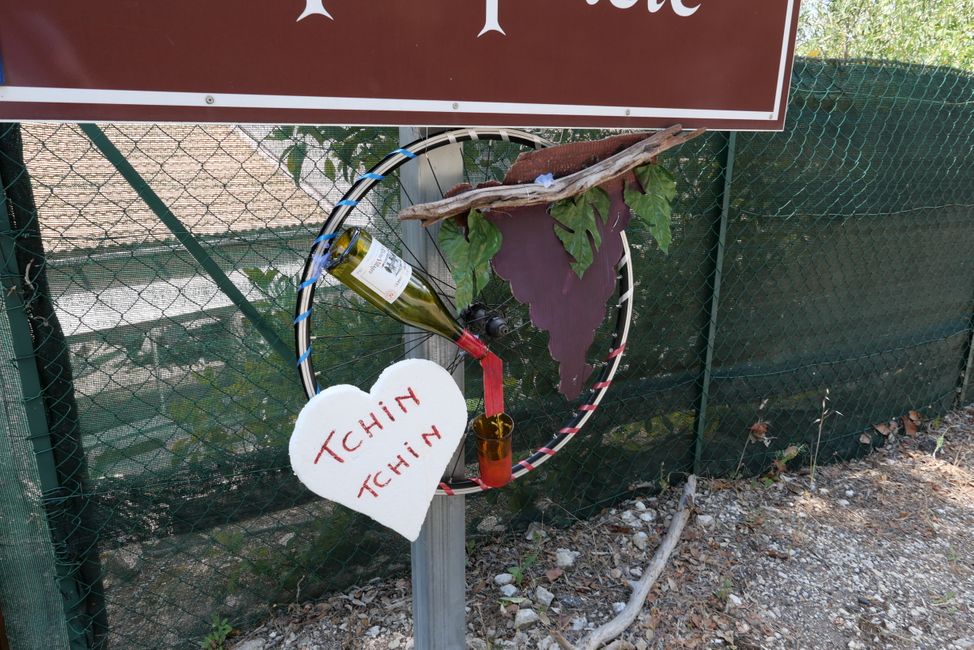
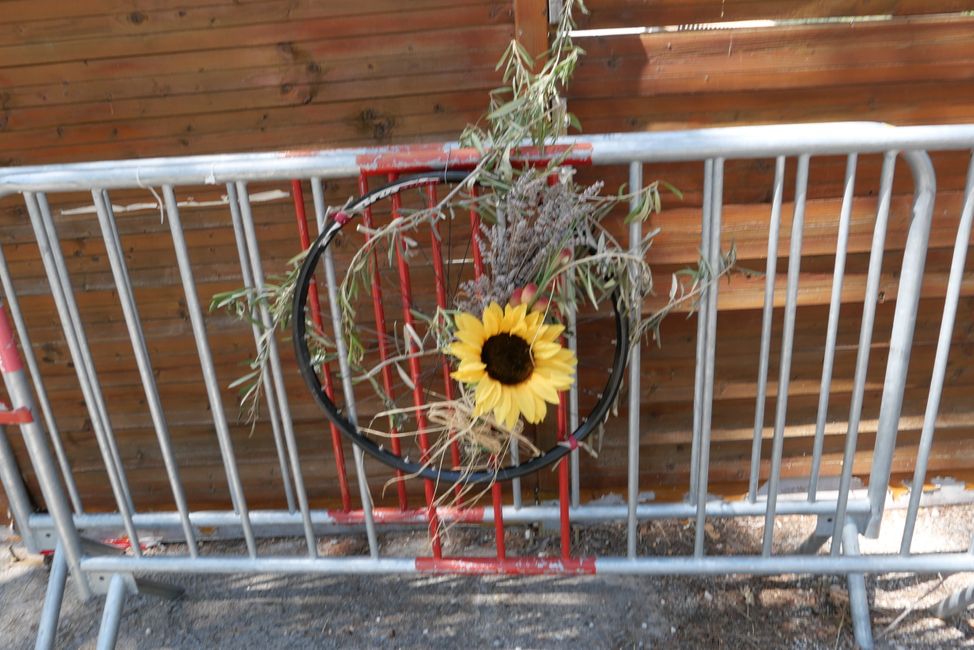
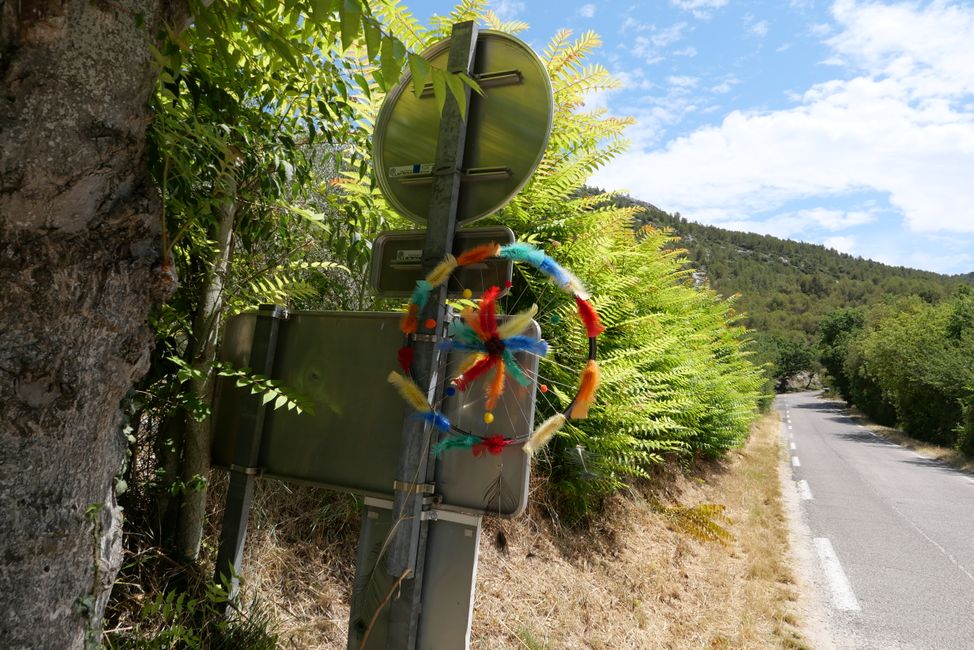
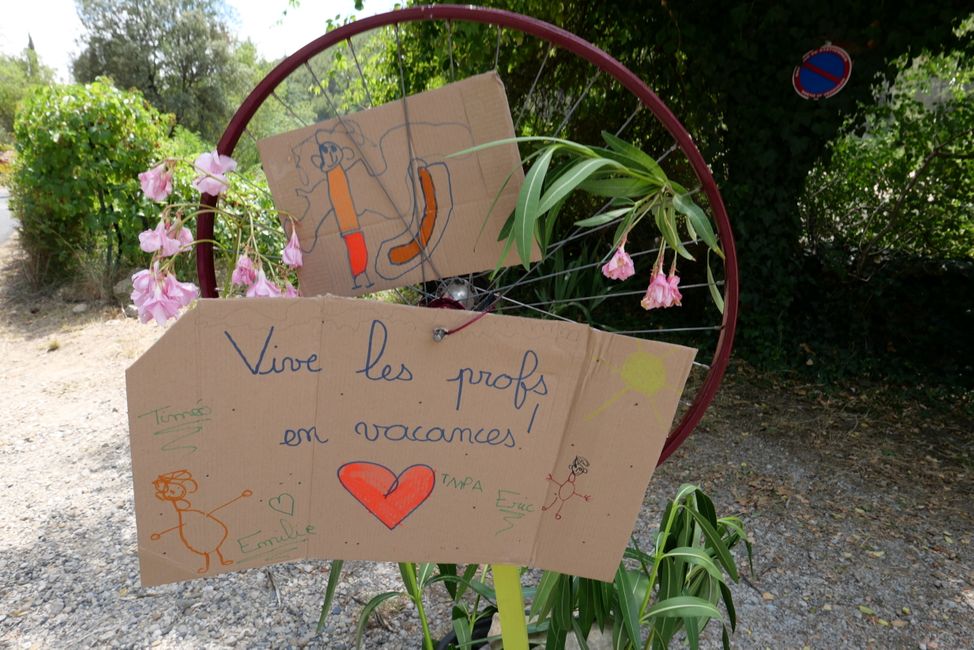
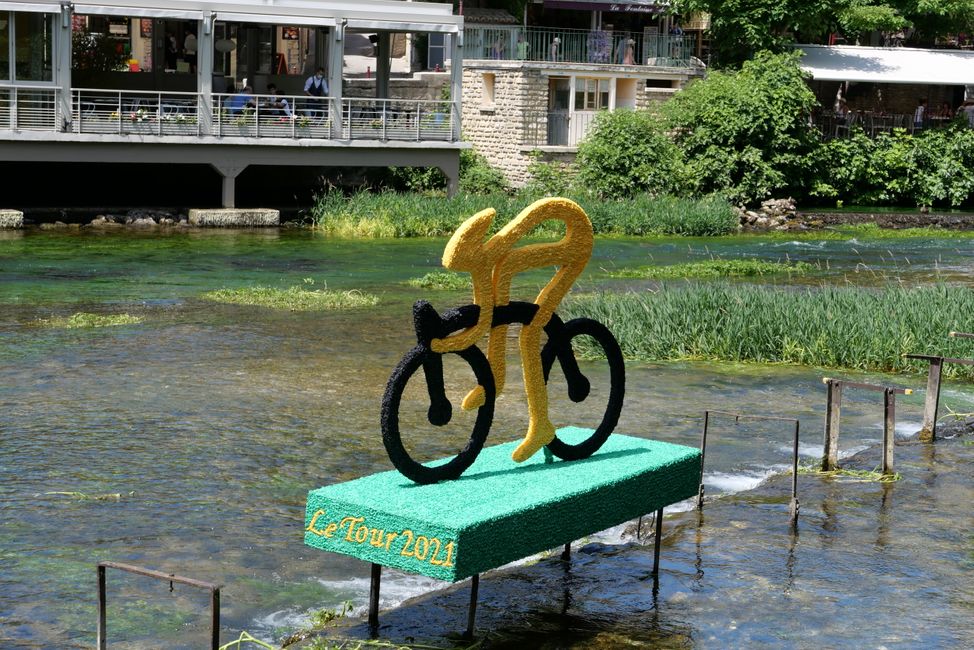
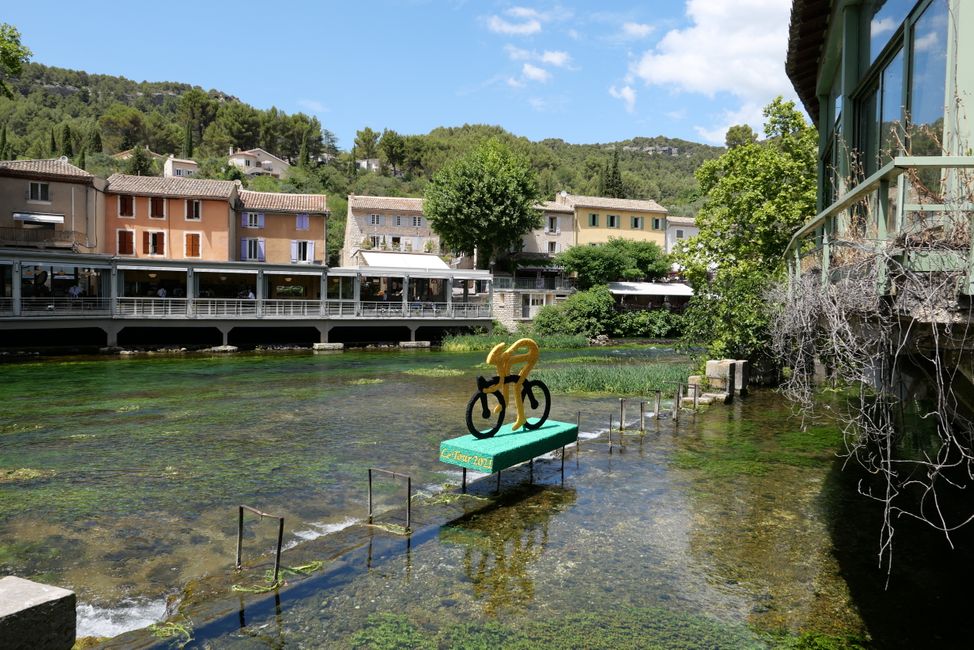
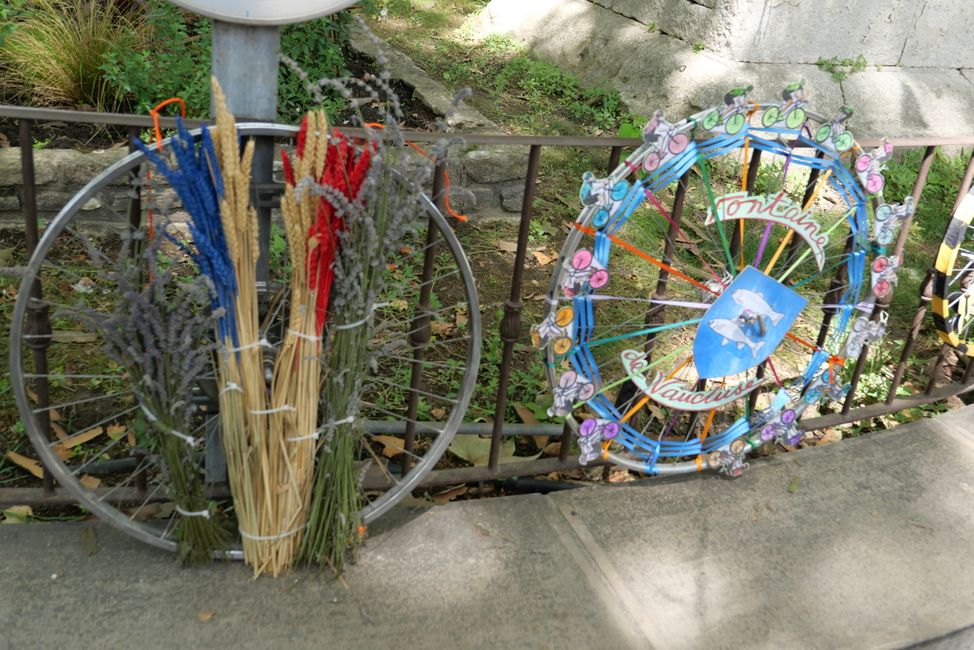
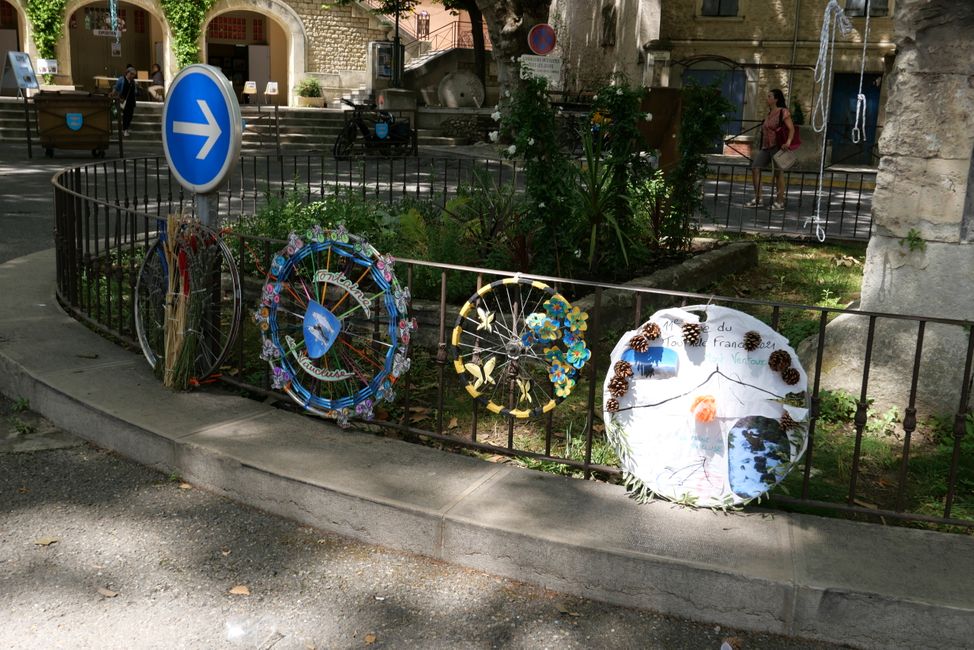
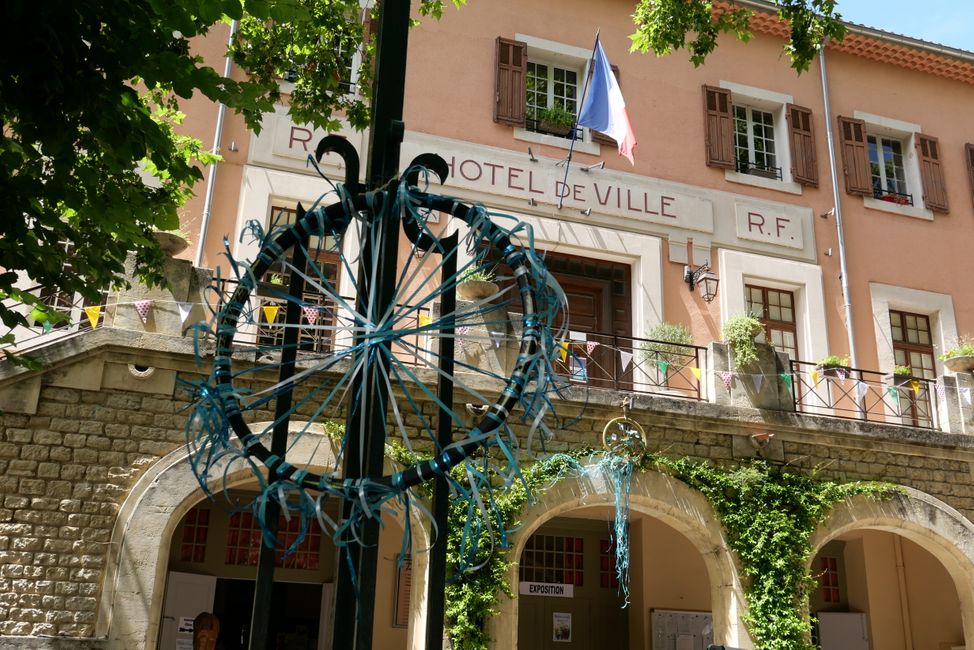
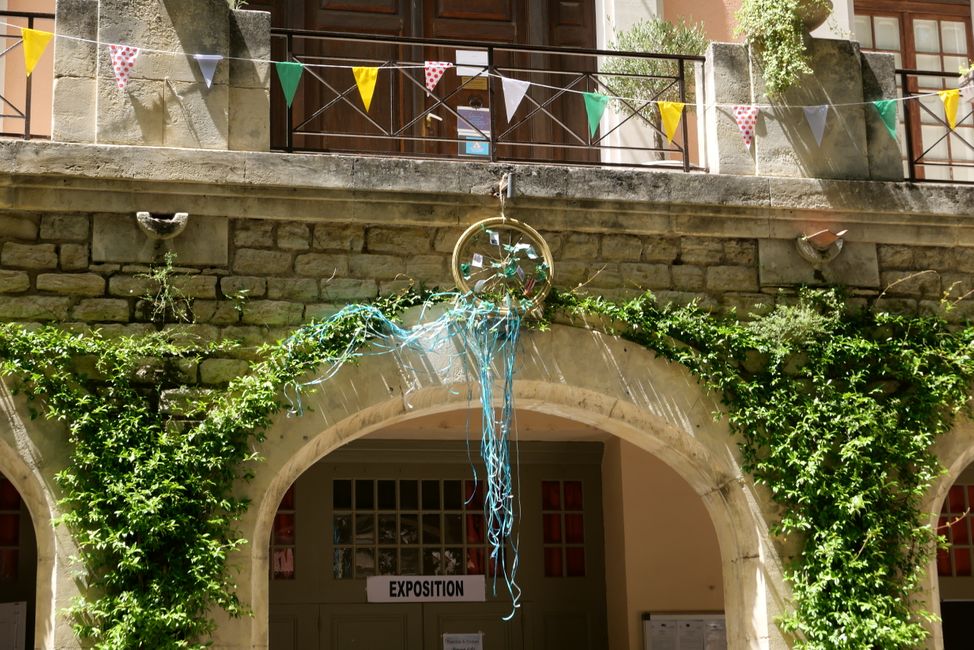
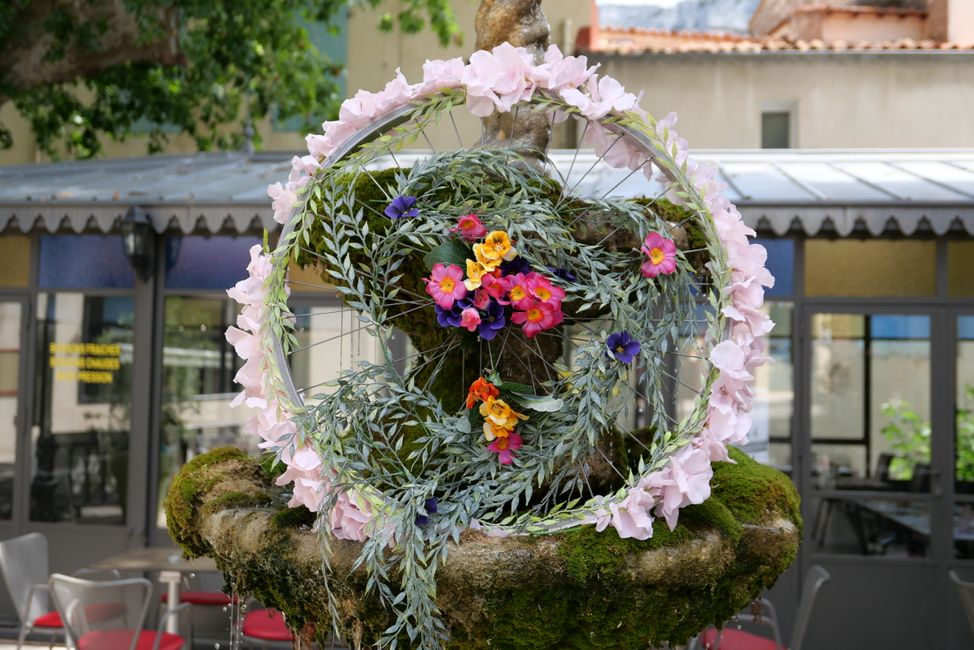
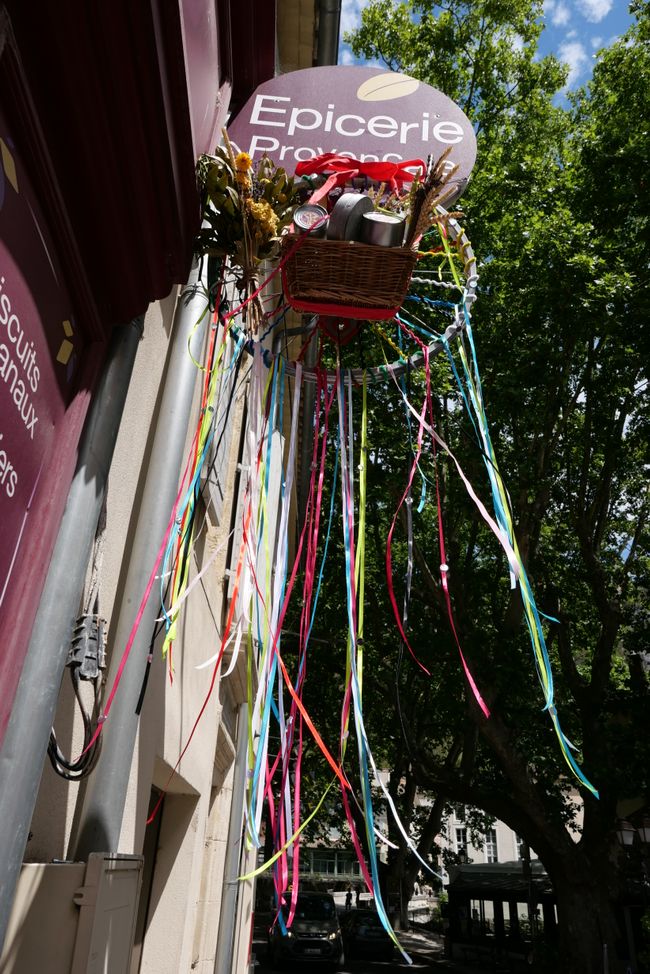
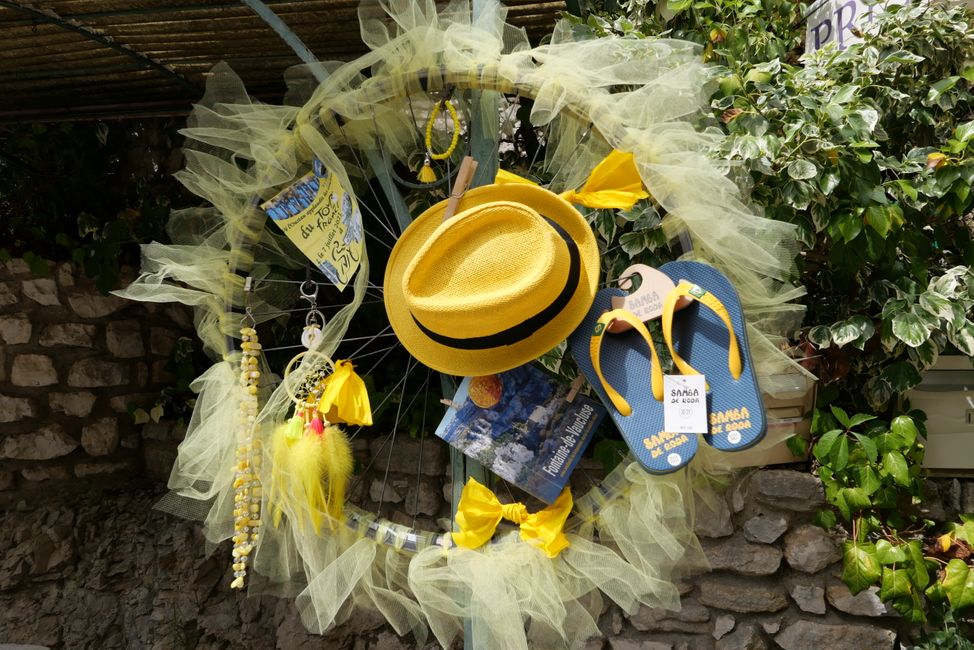
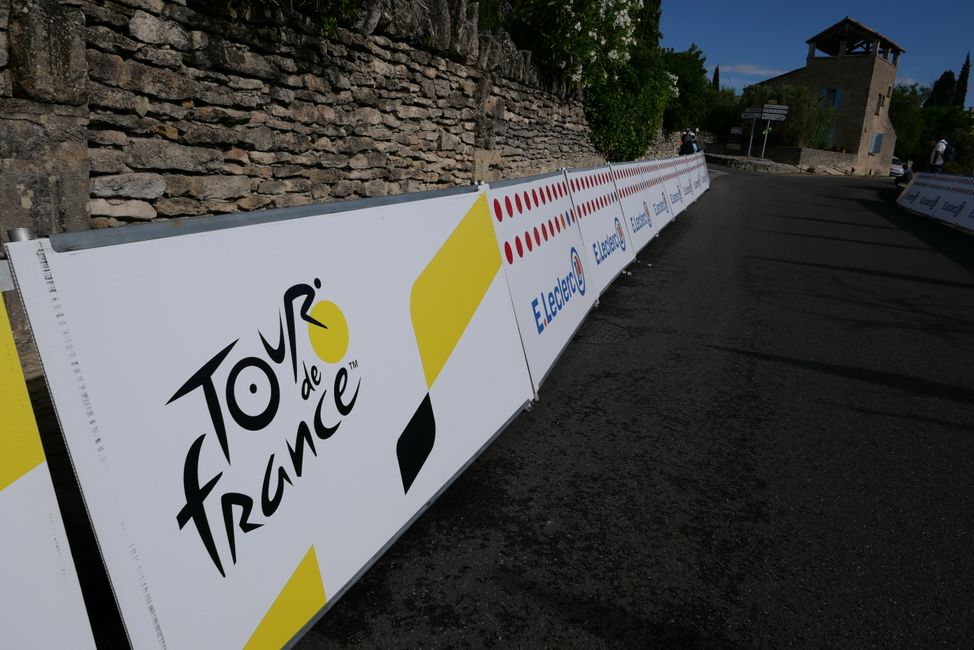
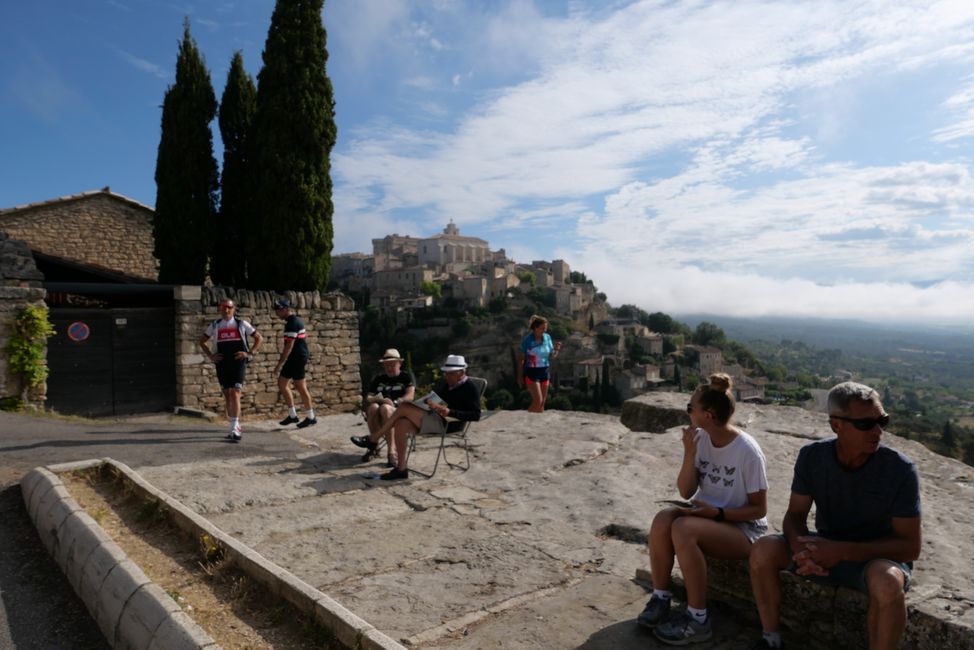
Harpidetu Buletinera
Always these comparisons: as soon as a city is located by the water and has a few bridges, it is immediately referred to as France's Little Venice. This also applies to L'Isle-sur-la-Sorgue. However, here I really felt a bit like in the lagoon city.
The streets are narrow, there are canals, and you constantly see boats operated with long poles. However, these boats are not filled with tourists, but obviously locals who seem to be practicing their boat-handling skills.
By the way, these boats are called 'Négo-chin', have a flat bottom, and are usually used by fishermen on the rivers in the southeast of France. Here in L'Isle-sur-la-Sorgue, there is another tradition with them: every first Sunday in August, there is a floating market. Farmers from the surroundings sell fruits, vegetables, wine, cheese, and much more from the Négo-chins.
Now I don't know if people are practicing with the boats a lot because of this event, but they are practicing with great ambition. You often see duos trying to paddle particularly fast. By the way, the passengers have to pull their heads in or lie down completely to pass under the flat bridges.
However, L'Isle-sur-la-Sorgue is a special travel destination in many ways. I wouldn't know where I have ever seen such a high density of restaurants in such a small place. Countless restaurants line up along the banks of the Sorgue. But there are also more in the side streets.
And here's a tip: if you're a fan of flea markets, you must visit L'Isle-sur-la-Sorgue. There are countless junk and antique shops here.
Now an explanation about the name of the town: L'Isle-sur-la-Sorgue means 'the island in the Sorgue'. And the Sorgue is a river that springs not far from here.
Our last hike took us directly to the source of the river. The water seems to come directly from the mountain and collects in a large basin. It probably comes from rainwater and snowmelt. In Fontaine-de-Vaucluse, it then appears on the surface.
By the way, with an average total flow of 630 million m³ per year, the source is the largest in France and one of the largest in the world. However, when we visited in July, it was not at its peak. Nevertheless, it is suitable for cave diving and has a depth of over 300 m.
Now, how do I make the connection to the Tour de France? By chance, we were sometimes quite close to it on our hiking trip. We even heard the cheering of the spectators from a distance. There were dozens of helicopters circling above us, and we discovered countless fan signs along the roadside.
I don't know this kind of dedication to this sport in Germany. The TV in the restaurants also shows the Tour de France, and the viewers are really enthusiastic. Various ambitious amateur cyclists are also on the routes, trying to experience the feeling of the professional riders.
So, as you can see, you can experience a lot on a trip to Provence, and of course, there is more than just lavender. But also lavender.
That's why, to conclude, here are a few photos from the market in L'Isle-sur-la-Sorgue, which takes place every Thursday and Sunday. Here you can buy lavender in bags or honey made from lavender flowers. It's even much cheaper than in the souvenir shop.
That way, we also have a nice memory of our time in Provence at home.
Harpidetu Buletinera
Erantzun
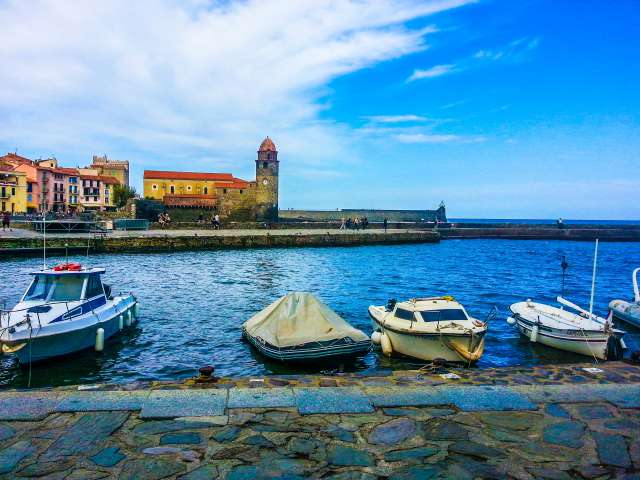
Bidaien txostenak Frantzia
